Agriculture & Environment
72nd Graduation: Doctoral Citations – CAES
Published
3 years agoon
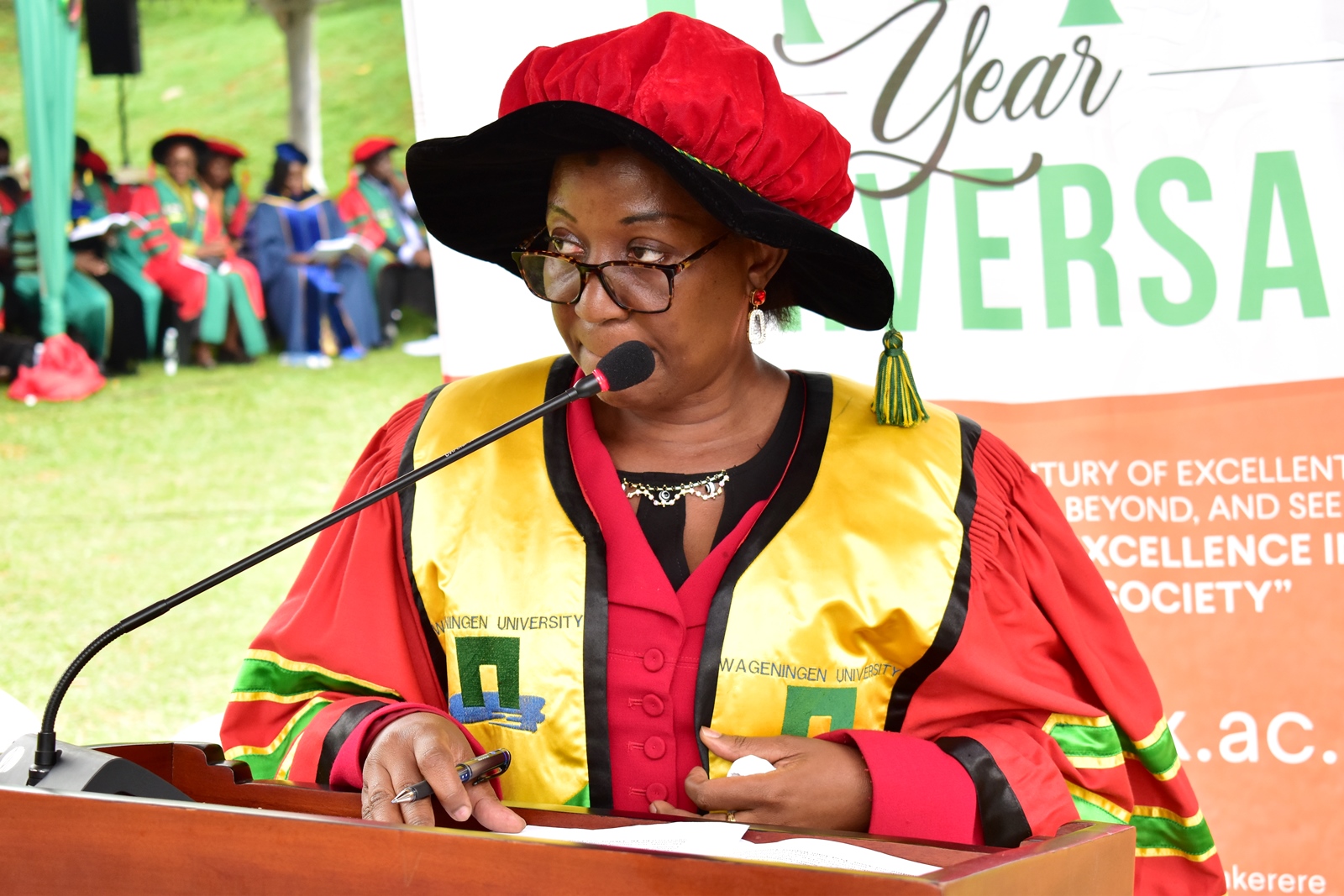
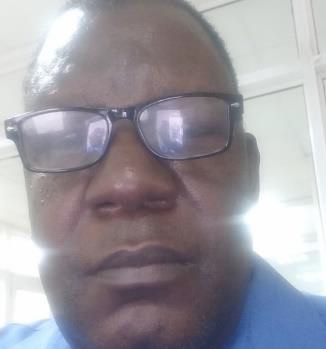
ABEN Charles
Participatory Land use governance and livelihoods in Awoja Watershed, Uganda
Mr. ABEN Charles examined the effects of participatory natural resource governance on livelihoods in Awoja watershed in Uganda. In particular, the study assessed the contribution of local people’s participation to policy implementation. Further, the effects of social, economic and political motivation on actor involvement in the participatory governance were examined. The results suggest that the effective participation was contingent on the motivation of different actors involved in watershed management. This study was funded by DANIDA and was supervised by Dr. Okiror, Prof. Jacob Agea and Dr. EsbernFriis Hansen.
ALEXANDER Noah Ruley Jane
Bioremediation of Petroleum Contaminated Soils using Native plants and their Rhizobacteria in the Sudd regions of South Sudan
Ms. ALEXANDER Noah Ruley Jane’s study was to enhance bioremediation of Petroleum Hydrocarbon-(PHC) Contaminated soils for increased agricultural productivity of the Sudd region of South Sudan. Specially, the study examined the native plant species abundant in petroleum hydrocarbon contaminated soil and optimal rate of cattle manure for enhancing phytoremediation of PHC contaminated soil in the region. In the results, PHC contamination at concentration of 7002 mgkg-1 detected as cultivated land from drilling points, was higher that the critical value of 5000mgkg soil (Sudan) and 5600mgkg (International). In sum, use of plant species namely H. Rufa, T. diversifolia and G. barbadense with 2 tha -1 of cattle-manure greatly improves bioremediation of PHC contaminated soils in the Sudd region of South Sudan. This study was funded by NORHED and was supervised by Dr Alice Amoding and Assoc. Prof John Baptist Tumuhairwe.
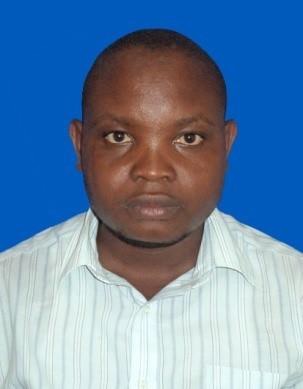
ALFONSE Leonard
The Role of Host Plants, Temperature and Natural Enemies in the Development, Survival and Reproduction of Edible Grasshopper Ruspolia differens (Orthoptera: Tettigoniidae)
Mr. ALFONSE Leonard studied the edible long-horned grasshopper (Ruspolia differens Servile) which is a very important source of food and income in East Africa. The insect is currently obtained from seasonally swarming wild populations which are erratic and declining. His study focused on factors limiting artificial mass rearing of R. differens; these factors include the confusion over the identity of the grasshopper, paucity of information on the natural diets, diseases, and the optimal temperature requirements. He identified edible grasshopper in Uganda as Ruspolia differens (Serville), which is a polyphagous with grasses preference to other plants. The study determined temperatures ranging from 28°C to 32°C as optimum for artificial rearing of R. differens. He further investigated that fungi and bacteria isolated from wild-collected grasshoppers were threats to artificial rearing of the insect. Glaurocara flava was the only identified parasitoid of R. differens. He also found that the inclusion of naturally occurring host plants into artificial diets can improve the survival and reproduction of R. differens. The results from this study can contribute to the development of efficient mass rearing protocols of R. differens. This study was funded by the International Centre of Insect Physiology and Ecology (icipe) and German Academic Exchange Service (DAAD), and supervised by Prof. Samuel Kyamanywa from Makerere University, and Dr. James P. Egonyu and Dr. Sevgan Subramanian from International Centre of Insect Physiology and Ecology (icipe).
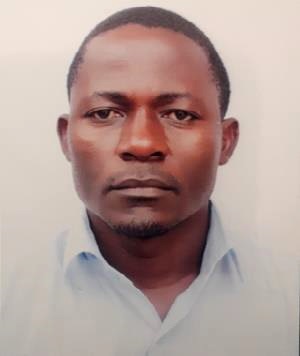
KALANZI Fred
Socio-technological factors influencing smallholder farmers’ adaptation of agroforestry technologies in the eastern highlands of Uganda
Mr. KALANZI Fred studied smallholder farmers’ adaptation of agroforestry technologies in Uganda’s Eastern highlands to establish the rationale for smallholder farmers’ choices, use, and modification of agroforestry technologies. This followed a growing concern that despite the efforts to promote agroforestry technologies, smallholder farmers made contradictory choices and modified technologies in ways perceived by experts to compromise farm productivity and, consequently, food and income security. Results indicated that the technology’s perceived value in addressing the livelihood options of the smallholder farmers was the most critical sociotechnological factor influencing their choices of agroforestry technologies. The study also found that smallholder farmers made several modifications and generated their own practices with anticipated positive outcomes that made the agroforestry technologies more applicable to their unique contexts. The study suggests that while science may have a lot to offer to resource-poor smallholder farmers, their local knowledge and innovations should constitute building blocks in developing economically viable, environmentally compliant and socially acceptable agroforestry technologies. This study was supported by the German Academic Exchange Service (DAAD) through the World Agroforestry Centre (ICRAF) and NARO and supervised by Dr. Prossy Isubikalu, Dr. Florence Birungi Kyazze and Dr. Lawrence J.B. Orikiriza.

KALULE Wamala Stephen
Farmer Learning Behaviours: A Case of the student-to-farmer university outreach of Gulu University in Uganda
Mr. KALULE Wamala Stephen utilized a sample of 283 host farmers of the student-to-famer outreach of Gulu University to examine the influence of psychosocial factors on farmer learning behaviour. The results show that the most important and positive facilitating condition for farmer learning behaviour was faculty supervision support to students. For the motivational factors, satisfaction of relatedness learning needs and formation of learning intentions were the positive and significant predictors farmer learning behaviour. This study funded by RUFORUM and was supervised by Dr. Haroon Sseguya, Assoc Prof. Duncan Ogeng and Dr. Gabriel Karubanga.
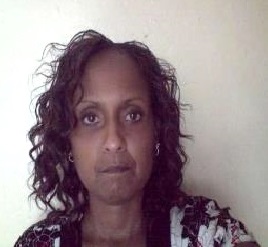
KYALLO Martina
Identification and Characterization of Cassava Mosaic Begomovirus-like viruses Associated with Non Cassava Plants in Kenya
Ms. KYALLO Martina study was on sustainable management of cassava mosaic disease by determining the role non-cassave hosts of Cassava Mosaic Disease (CMD) like viruses and their associated viruses play in the epidemiology of CMD in Kenya. The study identified M. Lutea as a potential alternative host for East African Cassava Mosaic Virus in Uganda revealing the adaptive potential for the virus and expanding our current knowledge of the host range of CMD in Kenya. This study was funded by Bill & Melinda Gates Foundation and was supervised by Dr. Mildred Ochwa Ssemakula and Dr. Robert A. Skilton.
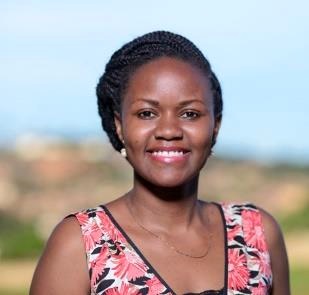
LOGA Dorcas Elizabeth
Enhancing Group Sustainability and Innovativeness of Youth in Agriculture; a Comparative Study of Government and Non-government Interventions in Mid-western Uganda.
Ms. LOGA Dorcas Elizabeth studied how government and Non-Government agencies support youth groups in mid-western Uganda to engage in agriculture. The focus was on discovering the conceptual underpinnings that inform and shape the nature of support, enhancing the sustainability of youth groups, and youth innovativeness. The study revealed that government support is premised on the assumption that the youth lack capital, therefore focusing on capitalization through credit and free input provision; while the NGO support is premised on the assumption that youth lack entrepreneurial skills and extension services, and therefore focused on capacity building. The NGO-supported groups were more likely to be sustainable than the Government supported groups. Amidst numerous challenges, the groups post a higher score of innovativeness with an average innovation index of 0.536 reflecting a high potential for youth to revolutionize agriculture. Strengthening coordination to ensure cooperation and complementarity among interventions can enhance the innovativeness and sustainability of youth groups, and make agriculture more gainful. The study was funded by DAAD and Carnegie Corporation of the New York through RUFORUM; and supervised by Assoc. Professor Paul Kibwika and Dr. Florence Birungi Kyazze.
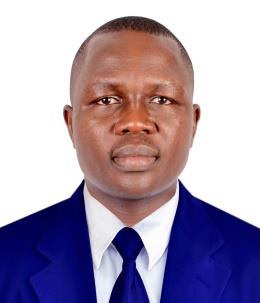
MAWA Christopher
Effects of community-based forest management initiatives on conservation and rural livelihoods in mid-western Uganda
Mr. MAWA Christopher examined the socio-ecological outcomes of community-based forest management initiatives in mid-western Uganda. The study found that positive social and ecological outcomes were simultaneously produced in areas where local community members were either actively co-managing forest resources with the state or were being supported by non-governmental organizations to formally manage and own them. Specifically, the initiatives enhanced community access to legally-sourced forest resources for both subsistence and cash. Additionally, households that had members belonging to conservation groups were more likely to benefit from alternative livelihood schemes promoted by state and non-state actors in the area. However, these alternative livelihood schemes mostly encouraged survival-led as opposed to accumulation-led livelihood diversification pathways. This study was funded by NORHED and was supervised by Prof. David Mwesigye Tumusiime and Assoc. Prof Fred Babweteera.
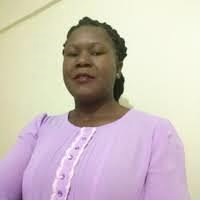
MUKHONGO Wilhem Ruth
Abbuscular Mycorrhizal Fungi for Enhanced Nutrient and Moisture Utilization in Sweet Potato Production
Mr. MUKHONGO Wilhem Ruth investigated the composition and spore abundance of Abbuscular Mycorrhizal Fungi (AMF) in sweet potatoes producing regions in Uganda for local inoculum production. Further, the study sought to determine the efficacy of the native AMF and phosphorus on growth and yield of sweet potatoes. In the findings, the assessment of the composition and spore abundance of AMF in sweet potatoes zones yielded a similarity in the AMF communities with Glomus and Acaulospora species accounting for 38% and 20% respectively. This study was supervised by Assoc. Prof. John Baptist Tumuhairwe, Dr. Peter Ebanyat and Dr. Cargele Masso.
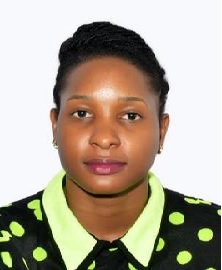
MULINDE Catherine
Climate Adaptation and Crop Productivity in Coffee-Based Farming Systems of Uganda
Ms. MULINDE Catherine focused on determining the most sustainable climate adaptation practices that are likely to increase current and future crop productivity, and mitigate climate vulnerabilities in Arabica and Robusta coffee-based farming systems of Uganda by 2040. She adopted qualitative, quantitative and modeling approaches in assessing climatic-crop suitability, adoption-drivers and effectiveness of major adaptation practices. Coffee and banana were revealed as more vulnerable to climate change than maize and beans in eastern, central and western Uganda; and that agroforestry, inorganic fertilizer, organic manure, mulch, trenches and soil bunds can potentially reduce crop yield losses especially if future climate becomes drier than wetter. The study recommends the promotion of these adaptation practices with an agile extension service considering the diverse adaptation
needs of coffee-farmers rather than ‘one-size-fit-all’ adaptation strategies; identification of efficient on-farm water-draining technologies; and bioengineering of crop varieties adaptive to wetter-conditions across various altitudes. This study was supervised by Prof. Majaliwa
Mwanjalolo and Dr. Revocatus Twinomuhangi, and funded by USAID.

NAKITTO Aisha Musaazi Sebunya
Solanum anguivi Lam. fruits’ nutritional quality and potential effect on type 2 diabetes mellitus.
Ms. NAKITTO Aisha Musaazi Sebunya investigated the morphological characteristics, bioactive compound contents (BCC) and antioxidant activity (AA) of fourteen accessions of Solanum anguivi Lam. The impact of various ripeness stages and thermal treatments on the BCC and AA of Solanum anguivi Lam. fruits (SALF) was determined, where the unripe stage and boiling exhibited the highest AA. Further, the potential of dietary SALF to prevent and manage type 2 diabetes mellitus (T2DM)-like phenotypes was investigated using the fruit fly, Drosophila melanogaster (D. melanogaster) model organism. D. melanogaster has been previously shown to develop a T2DM-like phenotype upon high-sugar diet (HSD) intake. The study showed for the first time that dietary SALF lowers HSD-induced glucose levels in D. melanogaster, which was not mediated through an up-regulation of central genes (Srl, dIlp3 and dIlp6) of the fly’s energy metabolism. Simultaneously, dietary SALF increased the flies’ survival, thus suggesting a protective effect of SALF against premature death associated with a T2DM-like phenotype. Dietary SALF may therefore help prevent and manage T2DM in humans. This study was funded by the DAAD and FTBIC and was supervised by Prof. John Muyonga, Prof. Anika Wagner and Assoc. Prof Yusuf Byaruhanga.
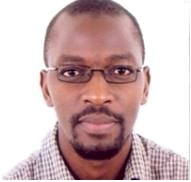
NDAULA Sulaiman
Psychosocial factors in rural smallholder farmers’ decision to accept orange-fleshed sweet potato in Uganda
Mr. NDAULA Sulaiman studied the acceptance of orange-fleshed sweet potato (OFSP) within households that already grow White-fleshed sweet potato (WFSP). With vitamin A deficiency enduring as a major public health concern in many developing countries, OFSP continues to be promoted as a food-based alleviation strategy for the deficiency. This study sought to enhance understanding of the role of rural smallholder farmers’ socio-cognitive contexts in OFSP acceptance in Uganda. The study revealed that farmers at the various stages of the OFSP cultivation process (under consideration, trial, or maintenance) differ in the belief sets they held about OFSP relative to the WFSP sweet potato varieties. Also, sustained OFSP cultivation was enhanced by social pressure, farmers’ valuation of their capability to cultivate OFSP as compared to cultivating WFSP and health-related risk perceptions. Through compliance and conformity to peer pressure, farmers created a cycle of low cultivation intensity that led to limited access to vines, low appreciation of relative advantage of OFSP over WFSP and the attendant cultivation defections. This study points to a cardinal role for processes that create supportive social and cognitive environments for the acceptance of bio-fortified technologies such as the orange-fleshed sweet potato. This study was funded by DAAD and supervised by Dr. Frank Matsiko, Dr. Richard Miiro, and Dr. Haroon Sseguya.
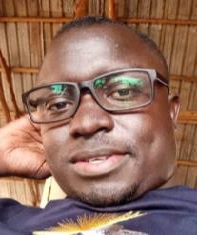
OBUA Tonny
Genetic Improvement of Nutritional Traits and Yield of Tropical Soybean in Uganda
Mr. OBUA Tonny investigated the genetic diversity and population structure of 89 tropical soybean germplasm, and determined the variability of nutritional traits of 52 soybean core collections from diverse sources. He further conducted a genome-wide association study based on 92 soybean genotypes, as well as determination of environmental effect on protein content and yield in soybean. The results showed that the genetic diversity among the studied germplasm was low, and the phylogenetic tree and Principal Component Analysis grouped the 89 genotypes into three major clusters. The low genetic diversity could be attributed to the cleistogomous nature of soybean and the sample of genotypes used that were mainly released varieties and advanced breeding lines; that have been genetically fixed at all loci in regard to general consumer preferences after many cycles of selections. Low diversity in the studied germplasm pool is a reflection of genetic erosion of the existing germplasm pool, which calls for widening of the current germpalsm base. The study further identified several soybean genotypes that protein and oil content above the reported averages. Total oil content varied significantly between origins with genotypes from Zimbabwe showing the highest mean of 20.13% while those from Taiwan had the lowest mean of 18.3%. The study was funded by Soybean Africa Limited, Makerere University Center for Soybean Improvement and Development, Biosciences Eastern and Central Africa – International Livestock Research Institute Hub; and was supervised by Prof. Phinehas Tukamuhabwa and Dr. Thomas L. Odong.
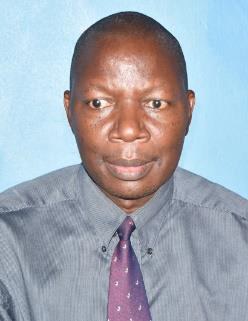
OCHIENG Hannington
Biological assessment of River Aturukuku in Tororo, Uganda: a tropical river with potential environmental threats from its catchment
Mr. OCHIENG Hannington undertook a biological assessment of River Aturukuku in order to contribute towards its conservation and sustainable utilisation by the riparian communities. His research compared the utility of two macroinvertebrate based Biological Monitoring Working Party indices, from England (temperate region) and Costa Rica (tropical region) for assessing water quality, and explored the assemblages of benthic macroinvertebrates and diatoms along River Aturukuku. His research showed that the two foreign biomonitoring indices could not separate sites based on pollution gradients, attributable to biogeographical differences in environmental conditions and pollution tolerances among macroinvertebrates. The diversity of benthic macroinvertebrates and diatoms in the river was low, with pollution-tolerant taxa dominating. The development of indigenous biotic index for Uganda and specific mitigation measures for conservation of the entire river for sustainable utilisation is recommended. The study was funded by the National Geographic Society and was supervised by Prof. James Okot-Okumu and Dr. Robinson Odong.
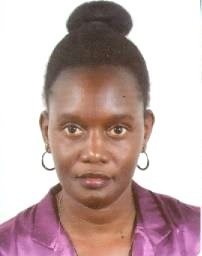
SYOFUNA Agatha
Prevalence and impact of stem canker diseases on Eucalyptus grandis and selected Hybrid clones in Uganda
Ms. SYOFUNA Agatha studied the prevalence and impact of stem canker diseases on Eucalyptus grandis and selected Hybrid clones in Uganda. This was based on the background that there is a drive for re-afforestation and a high timber demand in the country, both of which are being solved by extensive plantation development. The study revealed that Eucalyptus plantations are threatened by Botryosphaeria and Teratosphaeria canker diseases throughout the Country mostly in the Central, Eastern and Albertine regions. Five species of Botryosphaeriaceae were identified based on multi-locus phylogenies (ITS and β-tubulin). Pathogenicity tests using species of Botrosphaeriaceae and Teratosphaeria revealed variation in susceptibility of Eucalyptus grandis and selected hybrid clones, suggesting that disease-tolerant Eucalyptus genotypes could be selected for disease management. Furthermore, an assessment of the anatomical, physical, and mechanical properties, revealed brittle failure and high shrinkage in wood from diseased trees, indicating that it is not suitable for some construction applications and should be used with caution. The study was funded by African Development Bank and DAAD, and supervised by Dr Grace Nakabonge and Prof. Abwoli Y. Banana.

TURYAHIKAYO Willy
Network governance dynamics that influence the generation and implementation of innovative activities within the Agricultural Innovation Platforms.
Mr. TURYAHIKAYO Willy investigated the network governance dynamics that influence the generation and implementation of innovative activities within the Agricultural Innovation Platforms. The study findings showed that the level and structure of interactions have got a profound effect on generation and implementation of new ideas within the agricultural innovation platforms. However, owing to the informal nature of networks, this study revealed stringent collective sanctions in the IPs can negatively impact the innovative activities. The study recommends increased actor interactions in terms of duration and frequency of interactions between actors within the platforms. This study was funded by the German Academic Exchange Service (DAAD), and supervised by Dr. Frank B. Matsiko, Dr. John J. Okiror, Dr. Richard F. Miiro and Prof. Jon Hanf.
Browse Citations by College below:
< Director’s Message | CAES | CoBAMS | CoCIS | CEES | CEDAT | CHS | CHUSS | CoNAS | CoVAB | LAW | MUBS >
You may like
-
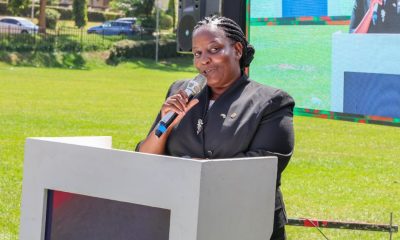

Emorimor Calls for Makerere to Upgrade Parenting Course
-
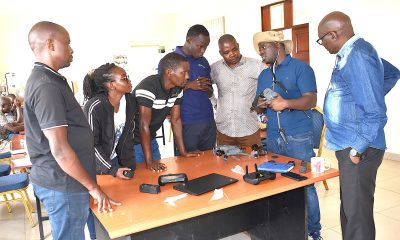

NbS4Tea Project Team Makes Great Progress, Deploys Drones for Data Collection
-
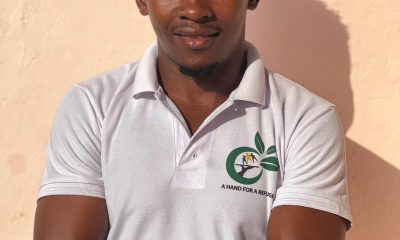

Meet Safali Libia, a Mastercard Foundation Scholar-alumnus who rebuilt his life as a refugee in Uganda
-
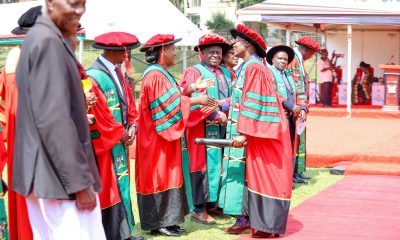

Scholarship Opportunity: Impact of Food Supplementation
-
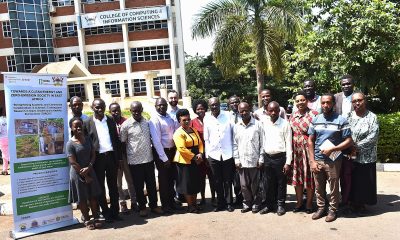

New Mak-CAES Project to Spur Green Growth in East Africa
-
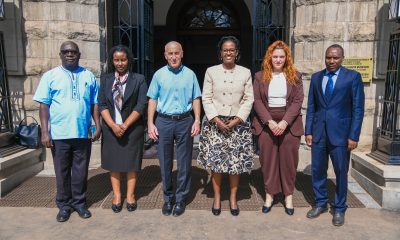

Israeli Ambassador Lotem Talks Innovation on Farewell Visit
Agriculture & Environment
NbS4Tea Project Team Makes Great Progress, Deploys Drones for Data Collection
Published
1 week agoon
June 24, 2025
****Funded by the Danish Fellowship Centre under Denmark’s Ministry of Foreign Affairs, NbS4Tea is a five-year initiative aimed at enhancing climate resilience and tea productivity in Uganda.
Launch of drones for data collection
The Nature-based Solutions for Tea (NbS4Tea) project has registered a significant milestone with the successful deployment of drones to improve environmental and agricultural data collection.
On 19th June 2025, the project team officially launched the drones at the Rwebitaba Tea Research Centre in Kyenjojo District, the project’s main research hub. The launch event included hands-on training sessions by Mr. Timothy Mutungi, a certified Remote Sensing Drone Pilot. Mr. Mutungi provided detailed instruction on drone operation, safety procedures, and data acquisition techniques specifically tailored to the project’s goals. The training was attended the core NbS4Tea researchers as well as students supported by the project.

By utilizing drone technology, the team will be able to capture high-resolution imagery and gather critical environmental data across vast tea-growing areas. This will enable more precise assessments of biodiversity, soil health, water use, and overall ecosystem services. The valuable insights generated will guide the development of sustainable, nature-based agricultural practices with the potential for widespread adoption throughout the tea industry.
About the NbS4Tea Project
NbS4Tea is a five-year initiative aimed at enhancing climate resilience and tea productivity in Uganda. Funded by the Danish Fellowship Centre under Denmark’s Ministry of Foreign Affairs and led by Dr Emmanuel Arthur from Aarhus University, the project is being implemented through a consortium of Ugandan and Danish institutions namely: Makerere University, the National Agricultural Research Organization (NARO), Uganda, Uganda Tea Association, Aarhus University, Denmark, and Kick-start International.

The primary objective of the project is to sustainably close the tea yield gap in Uganda by developing research-driven, nature-based solutions that enhance the climate resilience of tea production systems. This involves identifying climate-resilient tea varieties, integrating tea prunings and banana by-products, utilizing nitrogen-fixing agroforestry trees, and improving irrigation management. The approach emphasizes socio-economic feasibility, capacity building in research, and a market-oriented, multi-stakeholder collaboration to ensure both environmental and economic sustainability.
At Makerere University, the project is coordinated by Dr Alex Nimusiima from the Department of Geography, Geo-Informatics and Climatic Sciences at CAES. Other Project members are; Dr Grace Nakabonge from the Department of Forestry, Biodiversity and Tourism; Dr Prossy Nakawuka from the Department of Agricultural and Bio-systems Engineering; Dr Twaha Ali Basamba from the Department of Agricultural Production; and Dr Alice Turinawe from the Department of Agribusiness and Natural Resource Economics.

Specific objectives
- Identify and quantify climate change impacts on tea yield and quality based on historical and newly obtained data and novel data mining methods.
- Screen, select and recommend tea varieties adapted to abiotic (drought and heat) and biotic stresses (diseases and pests).
- Develop new knowledge on the potential of local waste biomass (tea prunings, banana pseudostems and peels) as soil amendments- mulch, compost, biochar, to recycle nutrients, improve soil fertility, increase carbon sequestration and alleviate drought.
- Reveal NbS through agroforestry combined with organic mulch, irrigation and resilient tea varieties that increase biodiversity and tea yield.
- Innovate new methods to enhance tea production under climate change through rainwater harvest and climate-smart irrigation infrastructure.
- Empower vulnerable groups (women, youth, and people with disabilities) in tea production and processing to ensure multi-actor involvement and socio-economic benefit outreach of the proposed NbS in tea cultivation and production.
- Identify export market strategies for NbS tea products, aligned with consumer preferences.

Progress thus far
Launched in January 2024, the project, organized in five work packages, has registered significant progress. Each of the work packages listed below supports one PhD student and one Masters’ student. The PhD students are: i) Mr. Adiga Hassan from the Department of Geography, Geo-Informatics and Climatic Sciences at CAES conducting research under work package 1; ii) Ms. Sarah Namayengo from the Department of Forestry, Biodiversity and Tourism conducting research under work package 2; Ms. Vivian Namutebi from the Department of Soil Science and Land Use Management undertaking research on work package 3; Mr. Keneth Chelimo from the Department of Agricultural and Biosystems Engineering conducting his research under work package 4; and Ms. Moreen Asasira from the Department of Agribusiness and Natural Resource Economics focusing on work package 5. The Masters students are: i) Ms. Evelyn Katasi from the Department of Environmental Management at CAES (work package 1), Mr. Vereriano Turyahebwa from Department of Forestry, Biodiversity and Tourism (work package 2); Mr. Ben Okurut from the Department of Soil Science and Land Use Management (work package 3); Mr. Augustine Okot from the Department of Agricultural and Biosystems Engineering (work package 4); and Mr. Augustine Kigozi from the Department of Agribusiness and Natural Resource Economics (work package 5)

Work packages and achievements registered
Work Package 1: Climate change impacts on tea yield and quality – Headed by Dr. Alex Nimusiima
This work package centres on the analysis of historical and projected climate conditions in the study area. It examines how current climate patterns influence tea production, as well as the potential effects of future climate change on tea yield and quality.
Progress
i) A household survey assessing the socio-economic status of tea farmers and the effects of climate variability on their livelihoods has been completed.
ii) The collected data has been cleaned, and the Masters student supported under this work package is currently writing her thesis based on the survey findings.
iii) A historical climate analysis of the study area has been conducted by the PhD student, who is now preparing a manuscript.

Work Package 2: Screening & selecting tea genotypes for resilience to abiotic and biotic stresses – Headed by Assoc. Prof. Grace Nakabonge
This work package focuses on evaluating existing tea genotypes for their resistance to pests and diseases, using chlorophyll fluorescence imaging as a diagnostic tool.
Progress
i) A screen house has been constructed to serve as the experimental site.
ii) Germplasm from two tea varieties is currently being cultivated in the screen house in preparation for the upcoming experiments.
iii) A drone has been acquired to assist in data collection for this work package.

Work Package 3: Evaluation of NbS for climate resilience, higher yield and biodiversity- Headed by Assoc. Prof. Twaha Ali Basamba
This focuses on the characterization of mulch and biochar derived from tea prunings to improve soil health. It also aims to quantify the added value of Nature-based Solutions (NbS) in enhancing tea productivity, promoting climate resilience, and supporting biodiversity.
Progress
- So far, Biochar has been produced from tea prunings and characterized.
- The Masters student supported under this work package is writing his thesis on the results of biochar characterization.

Work Package 4: Innovating smart and scalable irrigation technology for improved tea production- Headed by Dr. Prossie Nakawuka
This work package aims to develop and evaluate smart, scalable irrigation solutions to boost tea production. It focuses on assessing how irrigation impacts tea yield and quality, measuring water use efficiency, and analyzing the economic returns of irrigation practices. Additionally, it explores deficit irrigation and climate-resilient strategies to ensure sustainable tea farming in changing environmental conditions.
Progress
- The irrigation infrastructure is now in place and fully operational at Rwebitaba Tea Research Centre in Kyenjojo District.
- The experimental plots for irrigation experiments are already in place with water pipes.

Work package 5: Socio-economic assessment of tea-agroforestry and selected tea varieties – Headed by Dr. Alice Turinawe
This work package emphasizes co-creation within multi-stakeholder innovation networks to evaluate the economic feasibility and market access of tea agroforestry systems. It also focuses on promoting gender balance and understanding consumer valuation of Nature-based Solutions (NbS) tea from Uganda.
Progress
To date, two co-creation workshops have been successfully conducted and the Masters student under this work package is currently analyzing the workshop results as part of their research.

Expected outputs and outcomes
- Increased tea production, productivity, and biodiversity through the adoption of NbS.
- Increased research and technical capacity of Makerere and R-ZARDI.
- Holistic stakeholder insight on economic feasibility, consumer acceptance and market access strategies, especially for vulnerable groups in the tea value chain.
- Increased job prospects for youth and women in tea production sub-sectors.
- Improved social status and increased incomes of tea farmers, traders, and exporters.
- Improved economic and environmental quality by recycling biomass waste into value-added products dedicated to soil enhancement.
- 4+ high-yielding tea genotypes adapted to drought and heat, diseases and pests.
- 15+ scientific articles, conference presentations.
- Five PhDs and Five MSc degrees.
- Market access assessment and empowerment.

Details on the project: https://news.mak.ac.ug/2024/01/new-caes-project-to-improve-tea-production-in-uganda/
More photos from the event



Agriculture & Environment
New Mak-CAES Project to Spur Green Growth in East Africa
Published
3 weeks agoon
June 13, 2025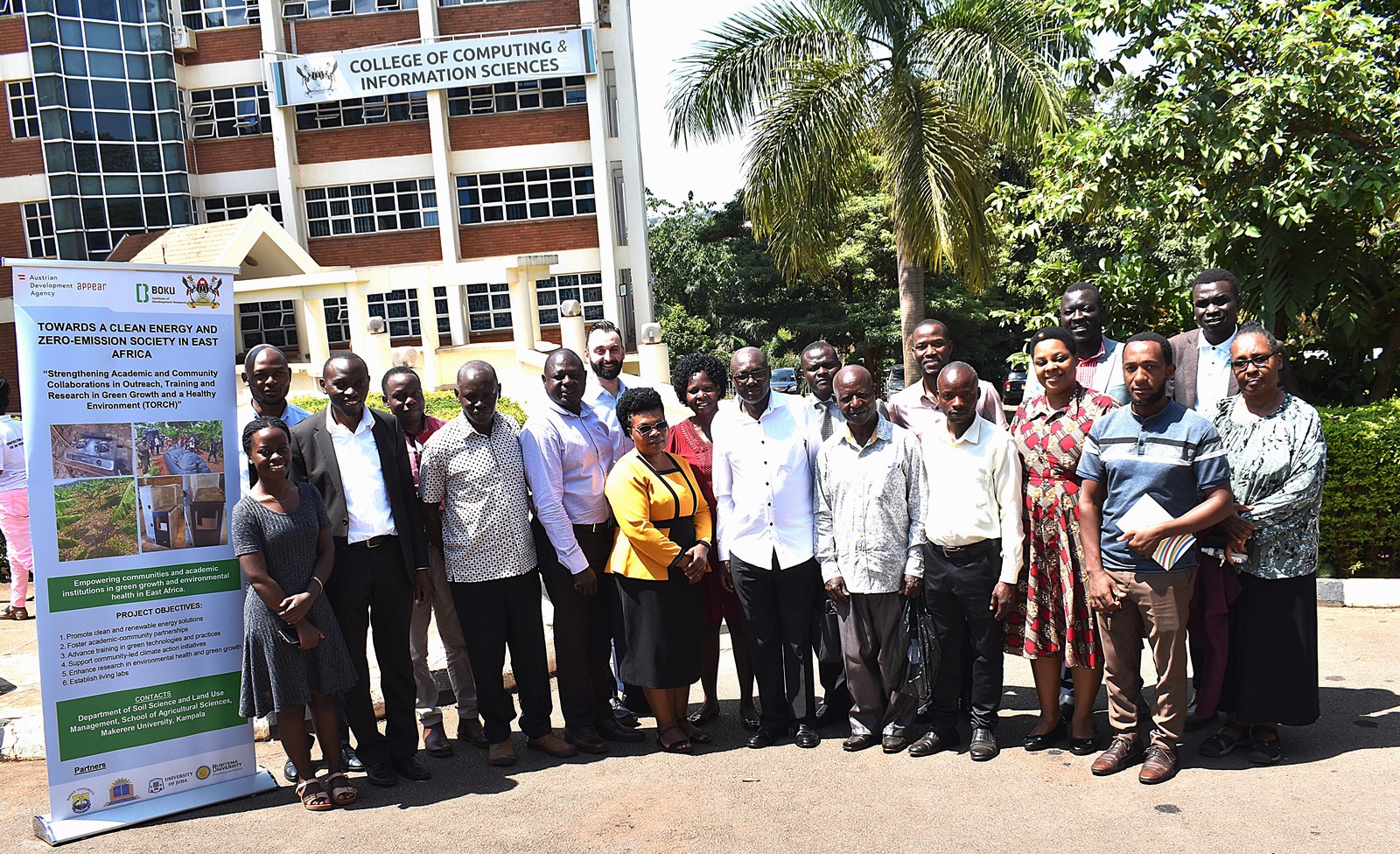
Makerere University, through its Department of Soil Science and Land Use Management at the College of Agricultural and Environmental Sciences (CAES), has launched a new project aimed at fostering green growth and promoting sustainable development across East Africa. This initiative aligns with global efforts to combat climate change and create eco-friendly, low-carbon communities through collaborative research, education, and technology.
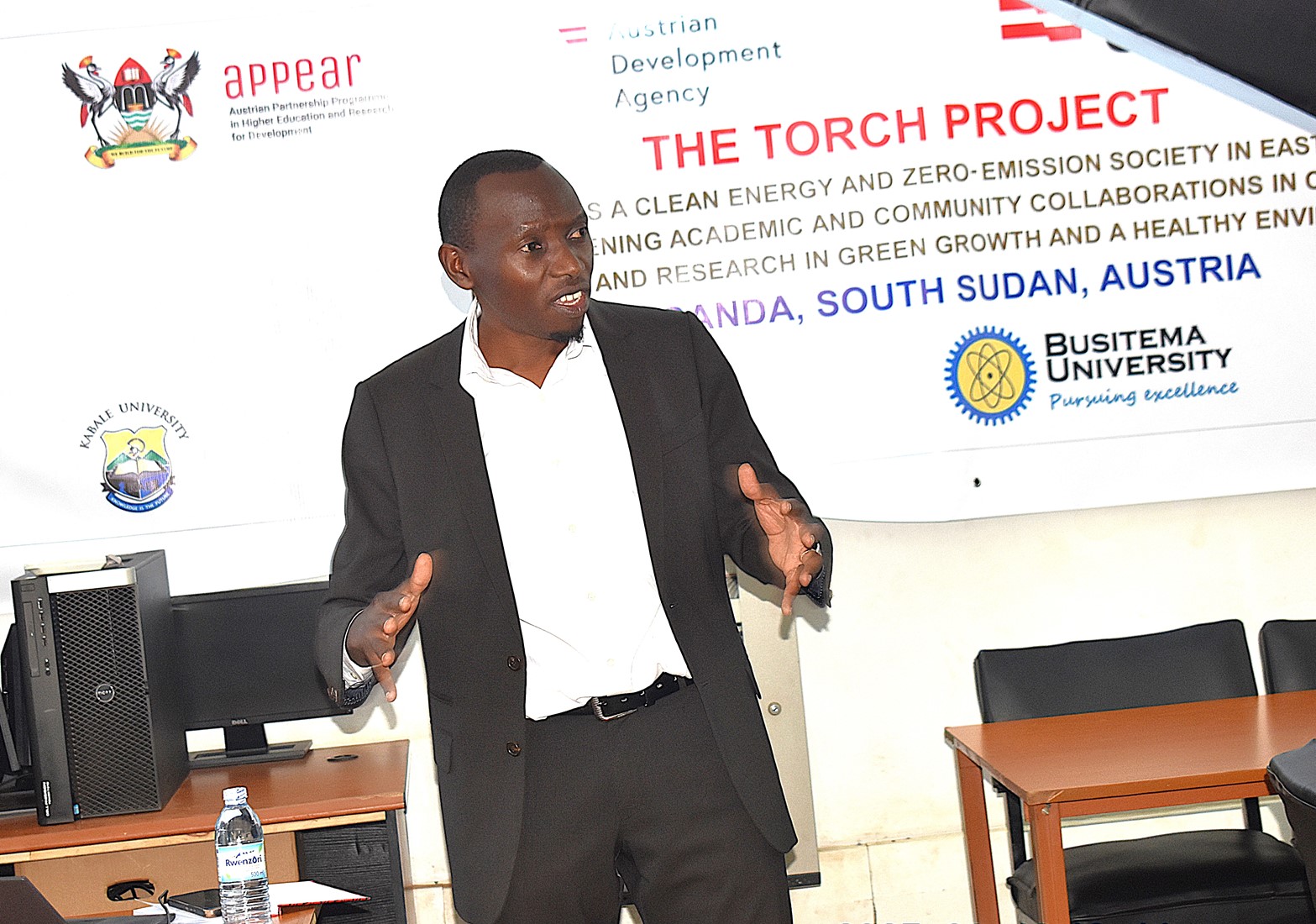
Introducing the TORCH Project: Towards a Clean Energy and Zero-Emission Society
The two-year project, code-named TORCH (Towards a Clean Energy and Zero-emission Society in East Africa), seeks to strengthen cooperation between academia and local communities to promote green growth and environmental sustainability. Funded by the OeAD-GmbH under the Austrian Partnership Programme in Higher Education Research for Development (APPEAR), TORCH focuses on clean energy solutions, carbon emission reduction, and community empowerment through training, research, and co-creation of green technologies.
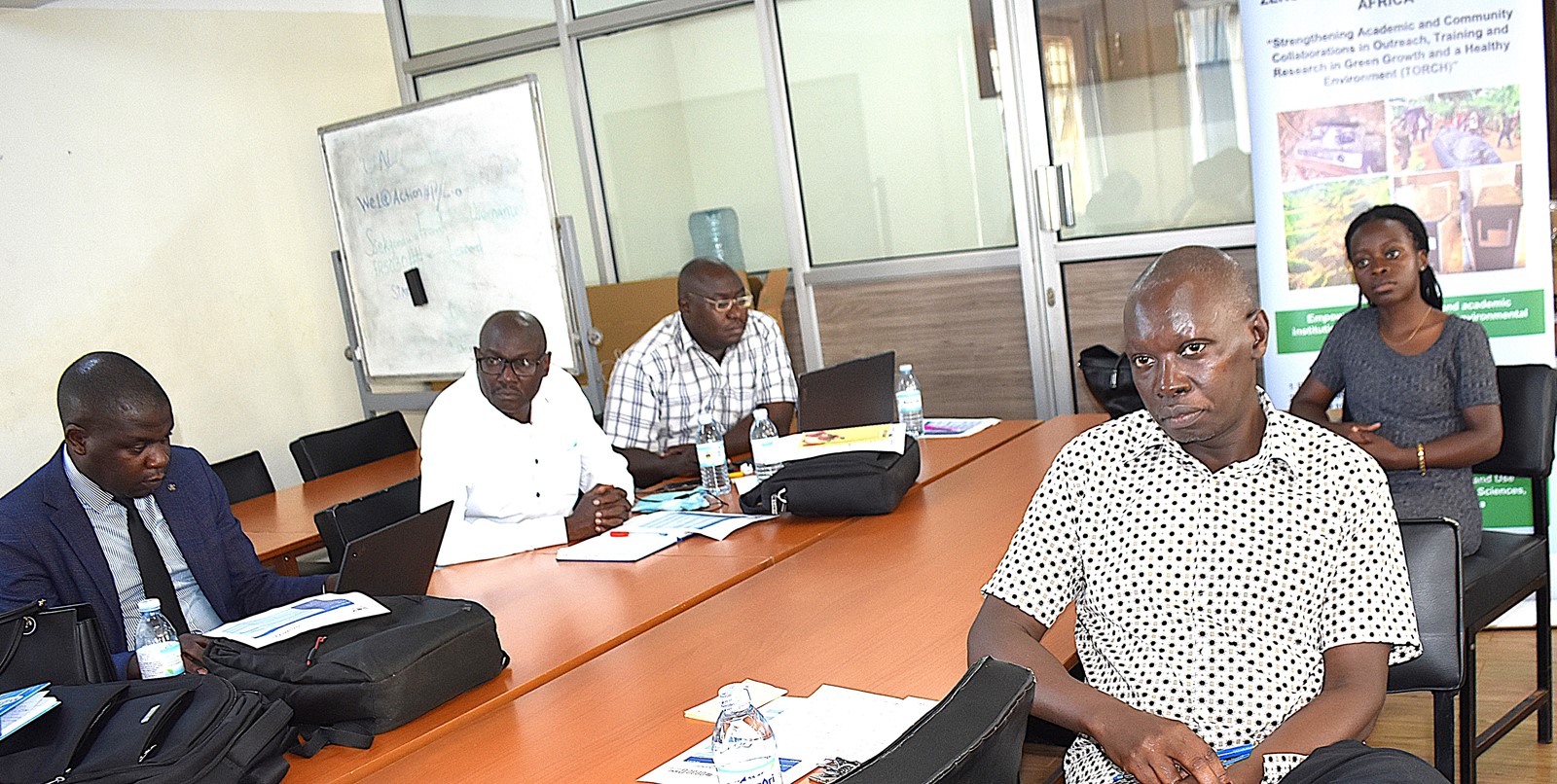
Officially launched by the Principal of CAES, represented by Dr. Paul Mukwaya, Head of the Department of Geography, Geo-Informatics and Climatic Sciences at Makerere University, TORCH builds upon existing East African government policies. The project will implement the innovative concept of living labs, where universities, communities, and stakeholders co-design, co-create, and co-produce affordable, reliable green technologies tailored to local needs.
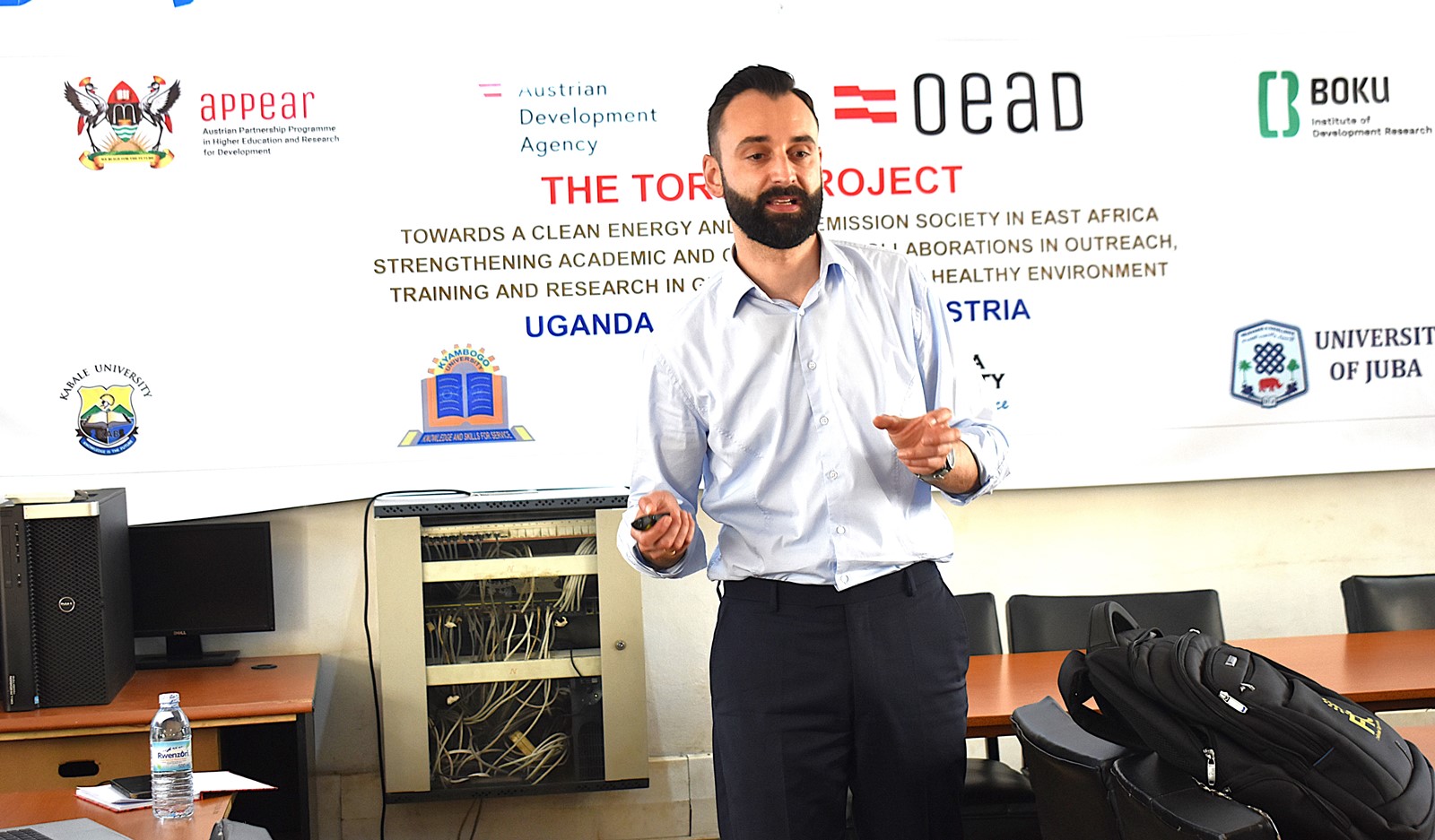
Key Objectives and Activities
TORCH aims to:
- Enhance teaching on green growth by integrating principles into selected academic curricula.
- Establish three living laboratories in Central, South Western, and Eastern Uganda to boost co-creation on energy efficiency and low-carbon emissions.
- Increase human capacity through short courses, field research, and training.
- Empower women in science and technology.
- Promote novel green technologies and support policy transformation.
- Strengthen partnerships among universities in East Africa.
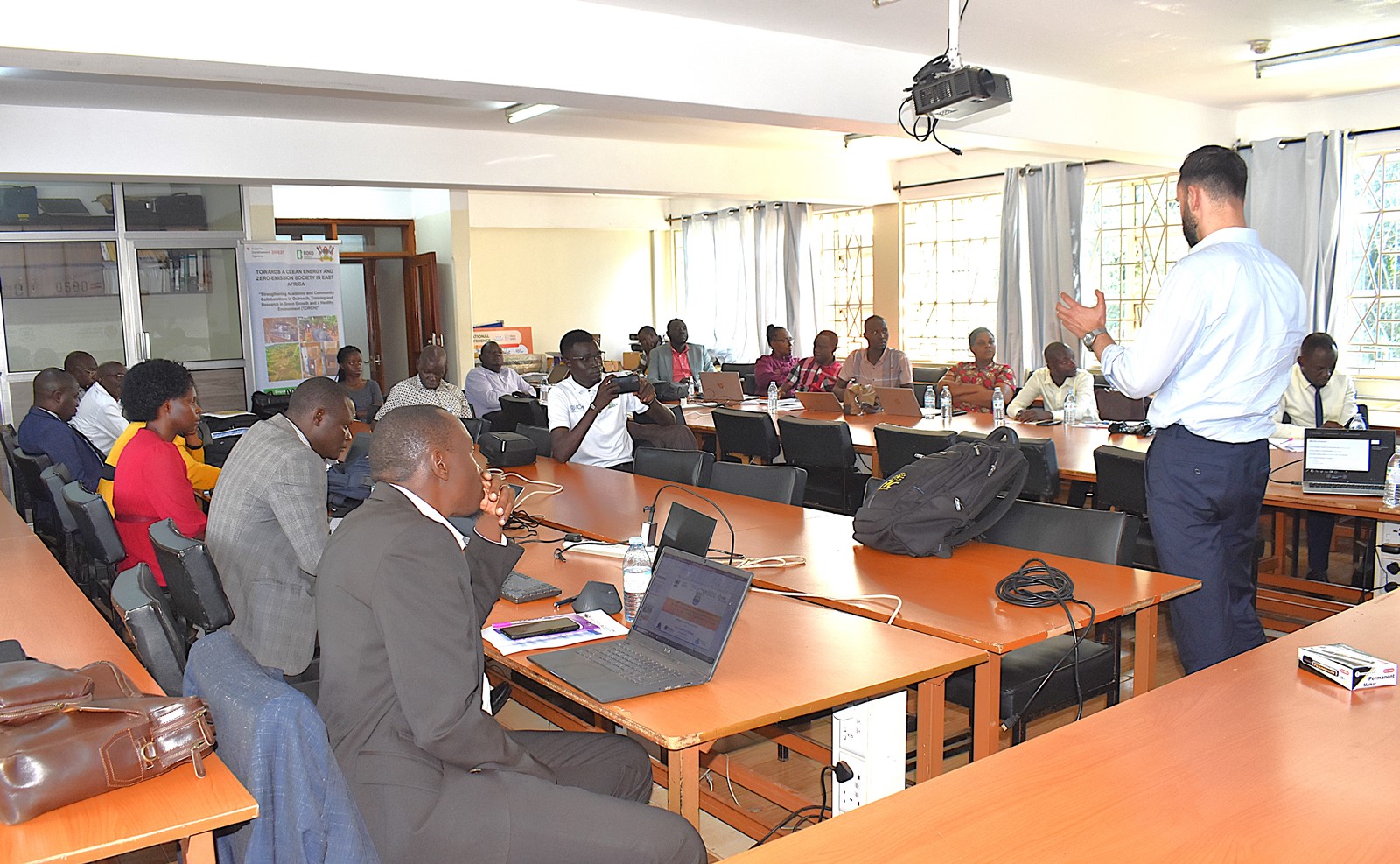
These activities directly contribute to achieving several Sustainable Development Goals (SDGs), including SDGs 4 (Quality Education), 5 (Gender Equality), 6 (Clean Water and Sanitation), 7 (Affordable and Clean Energy), 12 (Responsible Consumption and Production), and 13 (Climate Action), while also reducing health risks and conserving the environment.
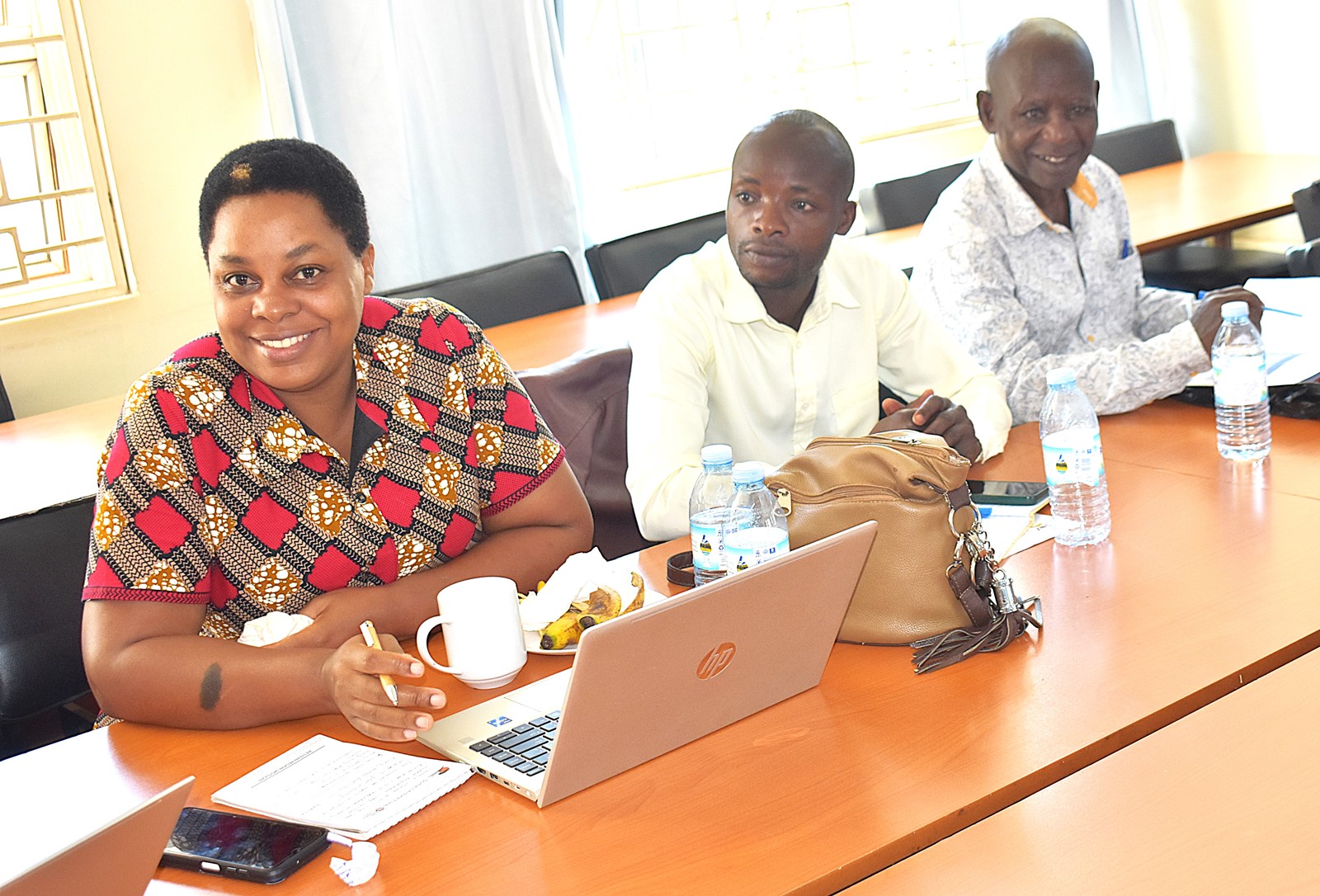
Leadership and Partner Institutions
The overall project coordinator is Dr. Patrick Musinguzi, Lecturer in the Department of Soil Science and Land Use Management at Makerere University. TORCH involves several partner institutions, including: Makerere University (Uganda), University of Natural Resources and Life Sciences, Vienna (Austria), Kabale University (Uganda), Busitema University (Uganda), Kyambogo University (Uganda), and the University of Juba (South Sudan).

Highlights of the Launch Ceremony
During the launch ceremony held in the GIS Lab at Makerere University, and attended by representatives from the partner institutions, Dr. Musinguzi presented an overview of TORCH, outlining key strategies for implementation and expected outcomes. Central to the project’s strategy is the integration of green growth principles into Makerere University’s academic curriculum. This will be formally proposed to the University Management for adoption. Additionally, the project aims to strengthen the university’s research agenda in this critical area. This will involve supporting faculty and student-led research projects and generation of evidence-based insights on green growth to influence policy at both local and national levels. There are also plans to establish three living labs in Central, South Western, and Eastern Uganda to serve as practical hubs for advancing green growth.
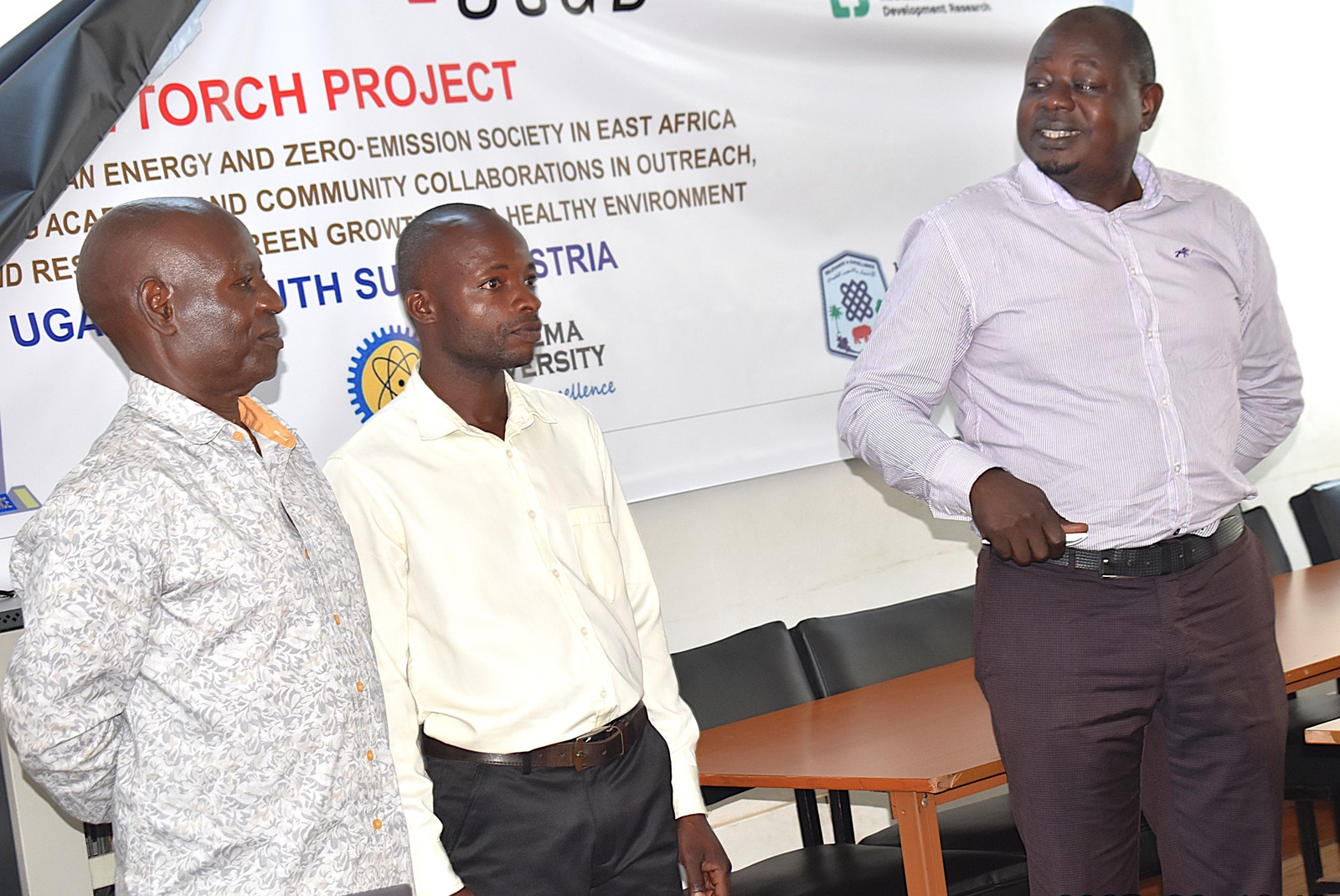
Expert Insights on Community Engagement
In his presentation, Mr. Andreas Bauer from the University of Natural Resources and Life Sciences, Vienna provided valuable insights into the critical role that living labs play in promoting sustainable, green growth. Highlighting practical examples and innovative approaches, Mr. Andreas Bauer emphasized how living labs serve as dynamic platforms for collaboration between researchers, industry stakeholders, and local communities, enabling real-world experimentation and the development of eco-friendly solutions that drive environmental and economic progress.
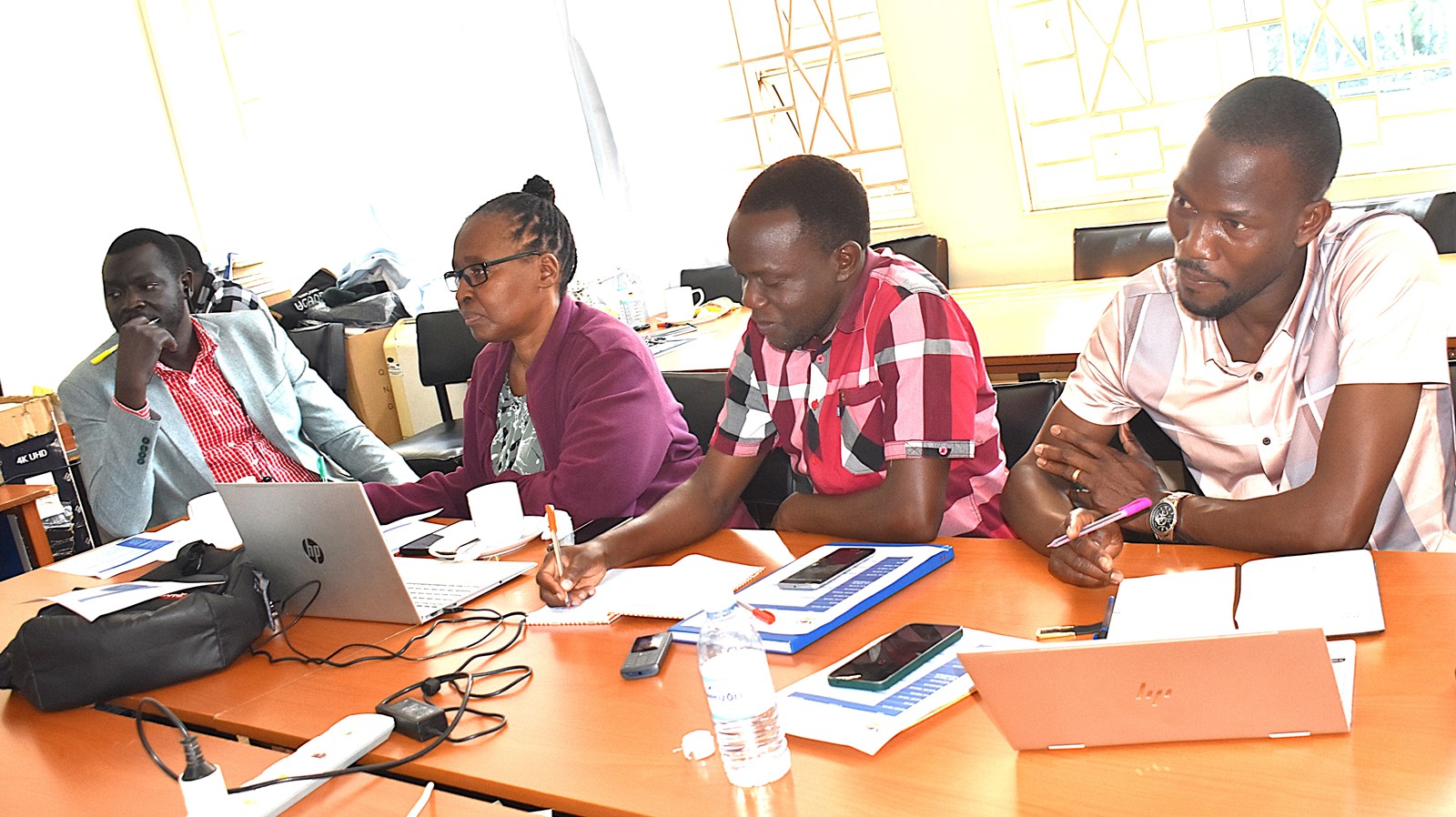
To emphasize the importance of collaboration between local communities and the academia, Mr. Kayanja Susane, a farmer from Kawumu Village in Luweero District, explained that, with guidance and support from the project team, he learned to produce biogas from animal waste -a reliable source of energy that reduces dependence on traditional fuels, subsequently minimizing environmental degradation.
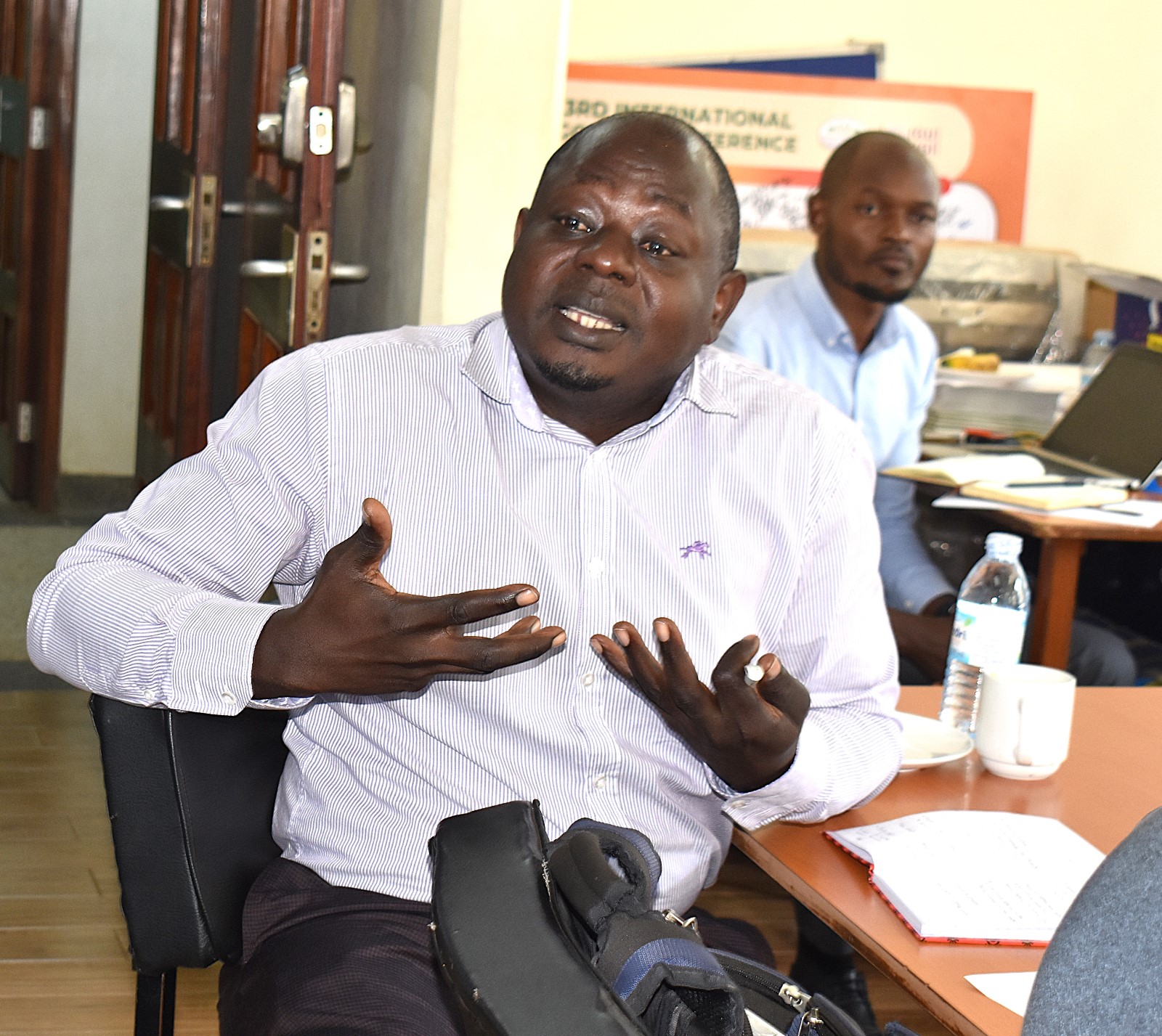
Research Focus
As part of the strategy to guide implementation, the project team brainstormed potential ecological and social indicators of low emissions in homesteads, and proposed several research areas to support green growth. Proposed research areas include:
- Life cycle analysis
- Circular economy practices within homesteads
- Gender integration and the intersection of gender with green growth
- The role of livestock in promoting green growth
- Evaluating the impact of interventions on total emissions
- Barriers to adopting green innovations
- The use of indigenous knowledge in promoting green growth
Addressing the participants, the Principal of the College of Agricultural and Environmental Sciences (CAES), represented by Dr. Paul Mukwaya, Head of the Department of Geography, Geo-Informatics, and Climatic Sciences at Makerere University, commended the project as a timely initiative aligned with the University’s research agenda. He underscored the importance of collaborating with other stakeholders, noting that similar projects have been conducted within and outside Makerere. Dr. Mukwaya called for the adoption of the theory of change framework to ensure the project delivers measurable, sustainable impacts that extend beyond policy briefs and gender mainstreaming, ultimately contributing to lasting green transformation in the region. He expressed appreciation to the project funders for their unwavering support to Makerere University.
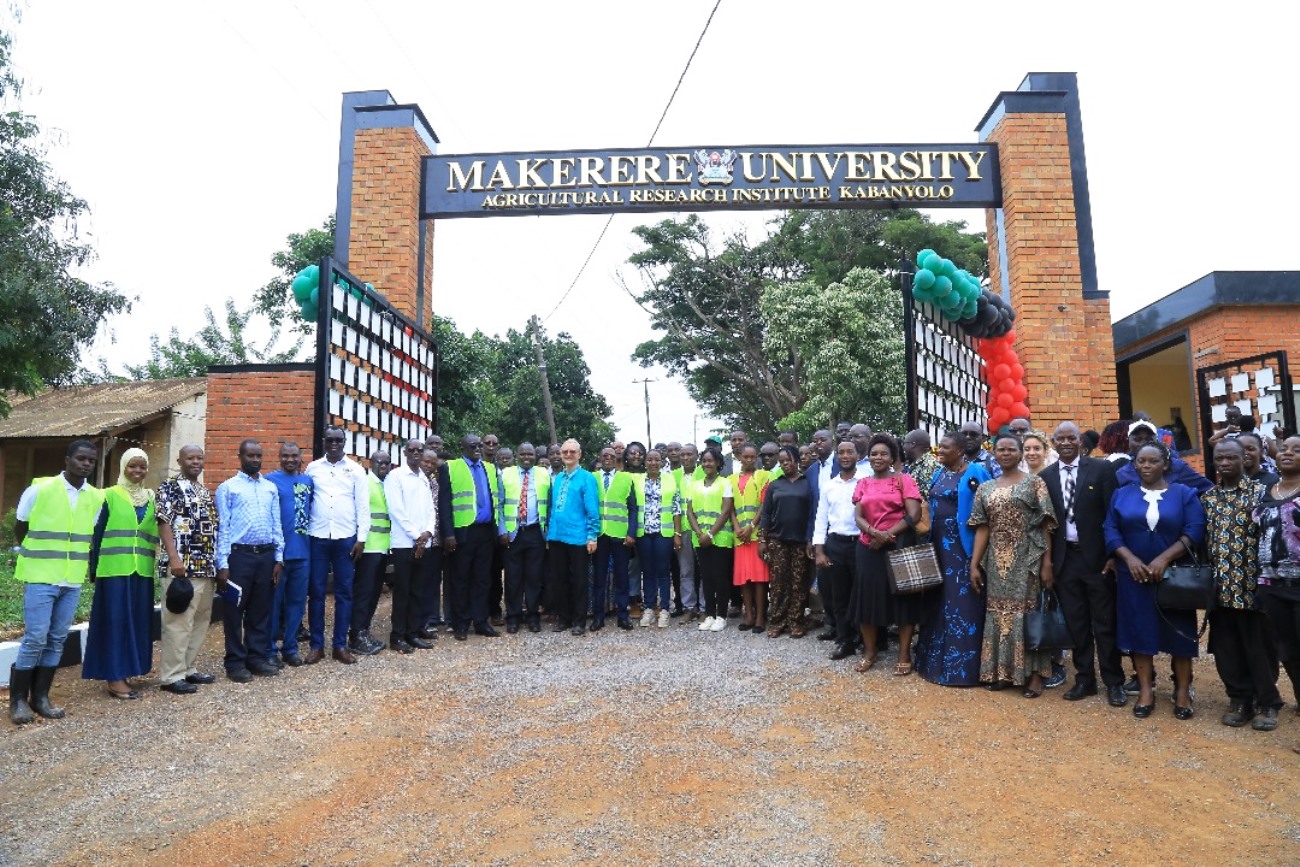
Refurbished gate to boost the institute’s aesthetics, security, accessibility, and sustainability
Makerere University College of Agricultural and Environmental Sciences (CAES) has completed the refurbishment of the main gate at the Makerere University Agricultural Research Institute Kabanyolo (MUARIK). The renovation was carried out by students from both CAES and the College of Engineering, Design, Art, and Technology (CEDAT), under the supervision of their academic mentors.
According to the Principal of CAES, Prof. Gorettie Nabanoga, the revamped gate now truly reflects the spirit of Makerere University and will significantly enhance the institute’s visual appeal, security, accessibility, and sustainability. The refurbished gate was officially commissioned by the Vice Chancellor, represented by the First Deputy Vice Chancellor in charge of Academic Affairs, Prof. Buyinza Mukadasi. The ceremony was attended by the Deputy Vice Chancellor in charge of Finance and Administration, Prof. Winston Tumps Ireeta, alongside CAES staff, students, and partners.
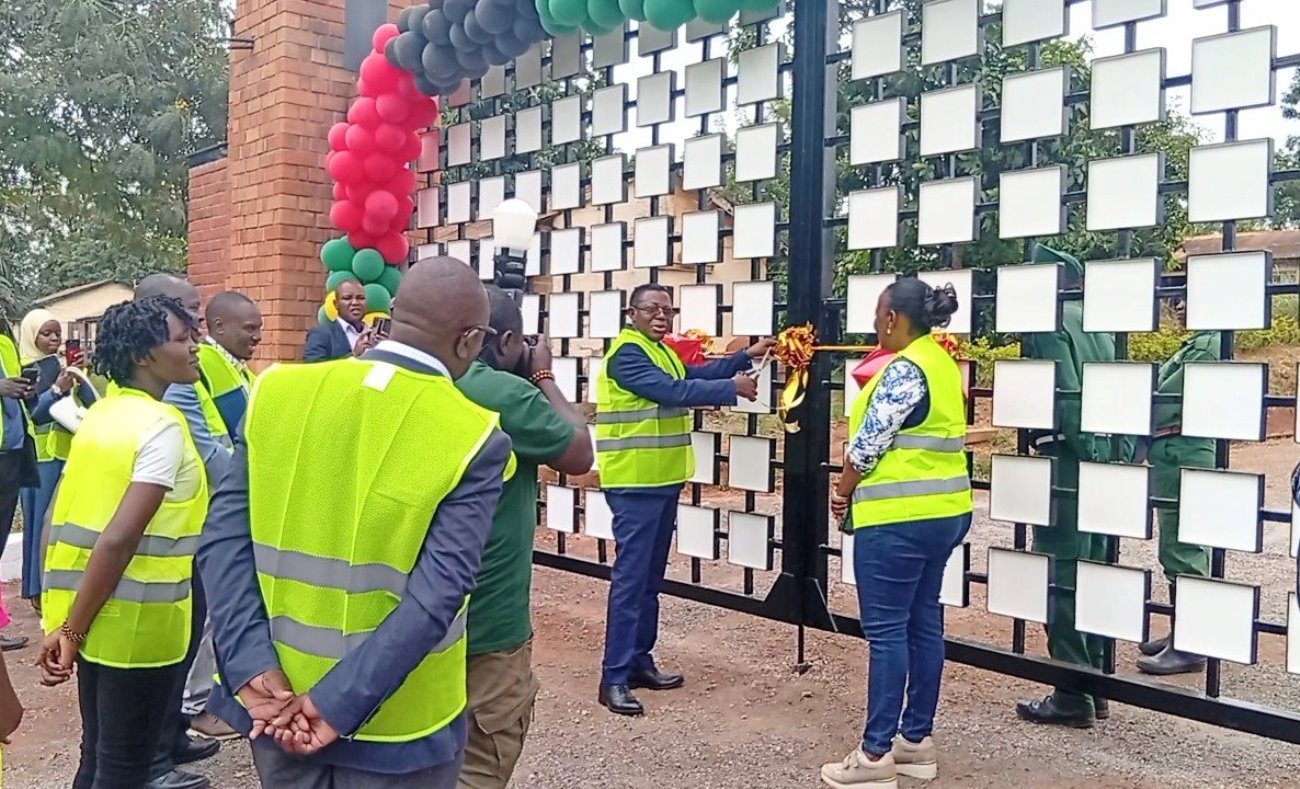
About MUARIK
Established in 1953, MUARIK serves as a hub for numerous research projects and facilities within CAES. It houses centres such as the Makerere University Regional Centre for Crop Improvement (MaRCCI), the Makerere University Centre for Soybean Improvement and Development (MakCSID), the Continuing Agricultural Education Centre (CAEC), the Centre of Excellence in Waste Management, and the Consortium for Enhancing University Responsiveness to Agribusiness Development (CURAD).
Additionally, MUARIK hosts KOICA-funded projects, including a modern layers production unit and a climate-controlled greenhouse for vegetable production. These units operate independently but collectively contribute to MUARIK’s dynamic research environment.
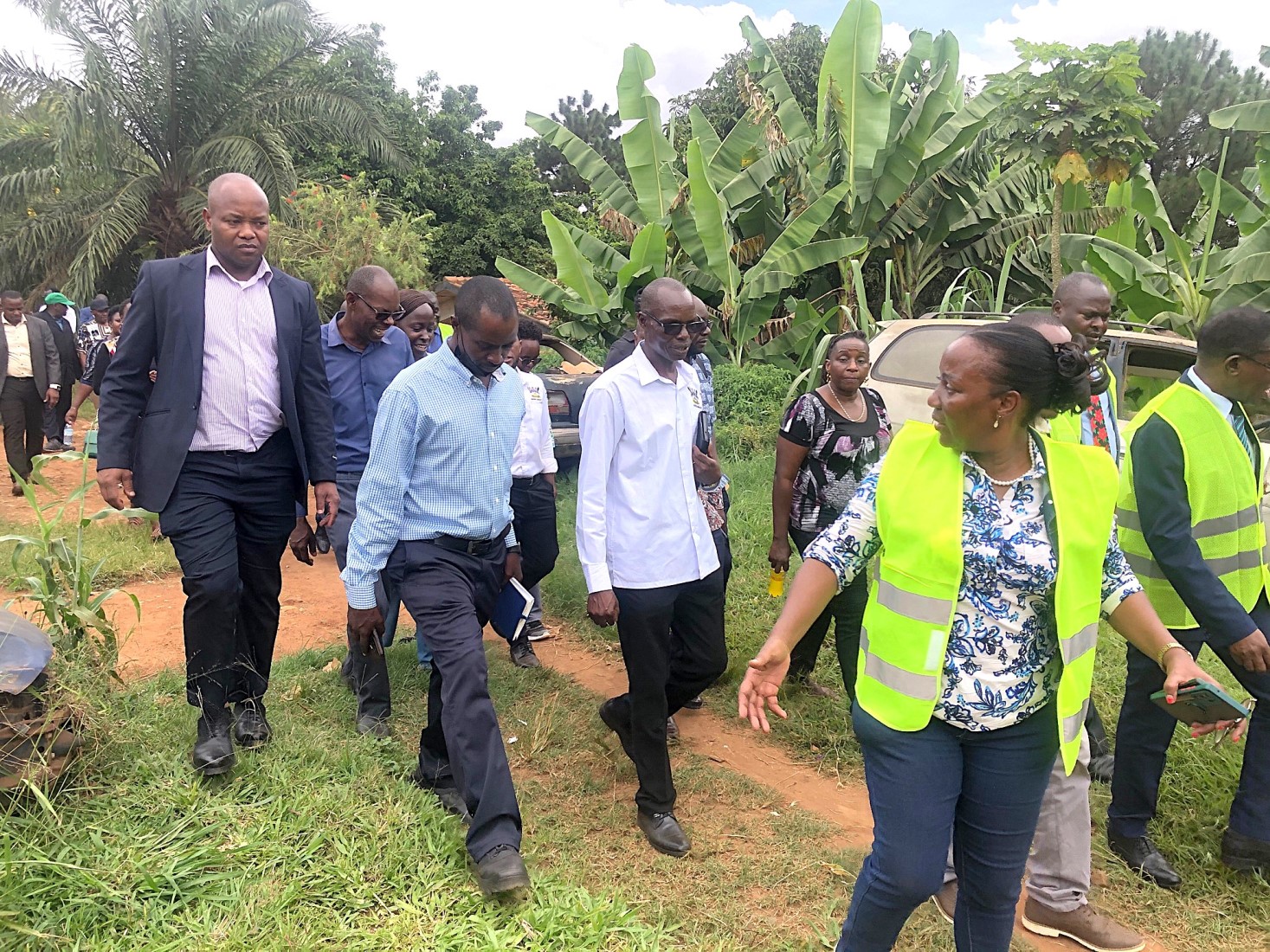
MUARIK also houses research units for the School of Agricultural Sciences (SAS) such as the Biotechnology and Tissue Culture Laboratories, experimental fields, Horticulture and Livestock Units, and the black soldier fly project. It accommodates training and research facilities for the Schools of Food Technology, Nutrition, Bioengineering, and the School of Forestry, Environmental, and Geographical Sciences. It also hosts hostels for both local and international students who stay at the Institute to gain practical experience in production and research under typical farming conditions.
Enterprises and Research at MUARIK
Enterprises at MUARIK include approximately 100 acres of pastures, a dairy farm, feed mill, silage production, poultry unit, piggery unit, banana and coffee plantations, maize and soybean crops, horticulture, goat farming, and the recently revived rabbit unit featuring four breeds: New Zealand White, Chinchilla, California White, and Flemish Giant.
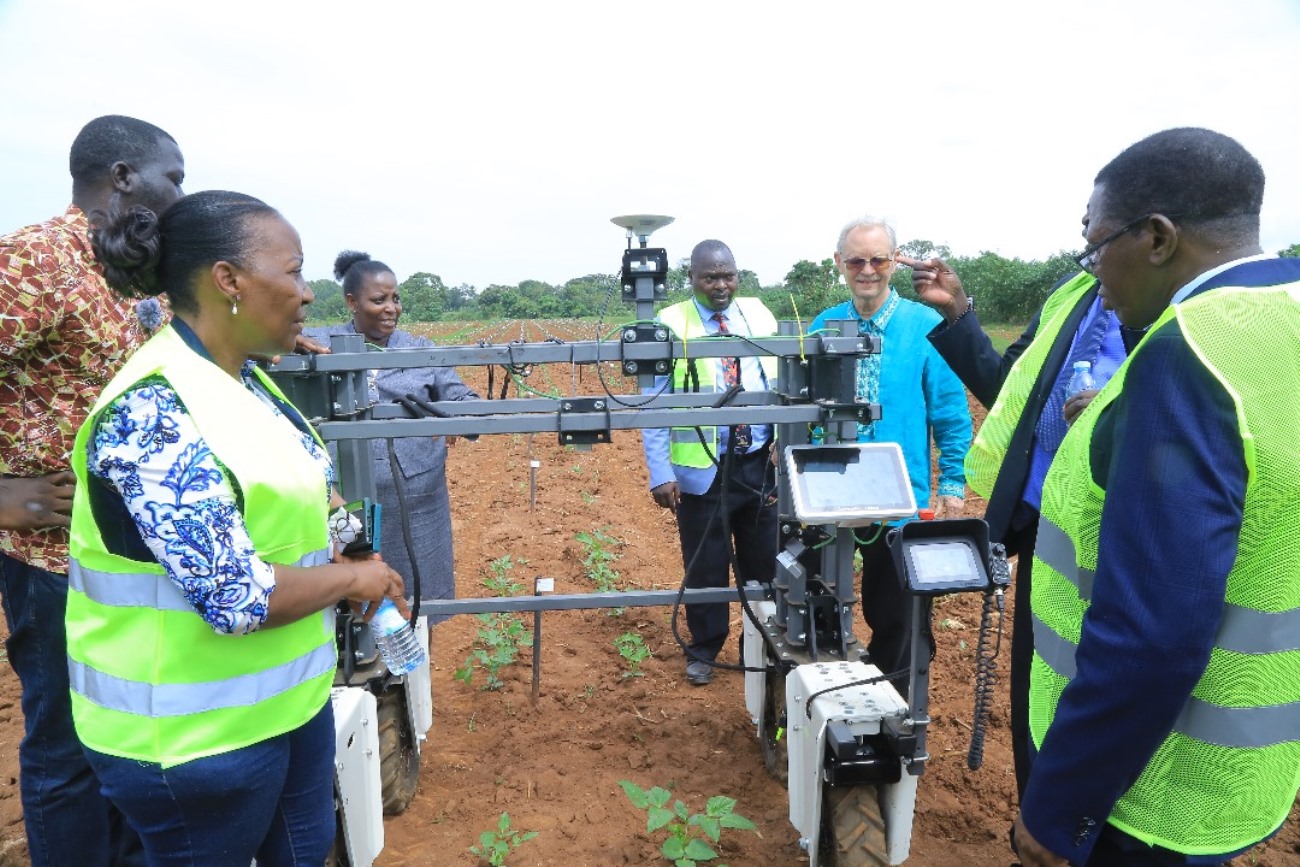
Current research initiatives focus on edible insects and worms as alternative livestock feeds, agroforestry, horticulture, and value addition in food processing. MUARIK maintains a strong partnership with the Uganda Flowers Exporters Association (UFEA), collaborating on the commercial testing of new flower species to diversify Uganda’s flower exports beyond traditional rose bouquets. Collaborative efforts also include identifying native natural enemies to control Chrysanthemum pests, working with UFEA, Wageningen University, breeders, and the National Agricultural Research Organization.
As part of Uganda’s National Agricultural Research System (NARS), MUARIK prioritizes research in biotechnology, tissue culture, plant breeding, improved farming methods, agro-processing, value addition, and marketing.
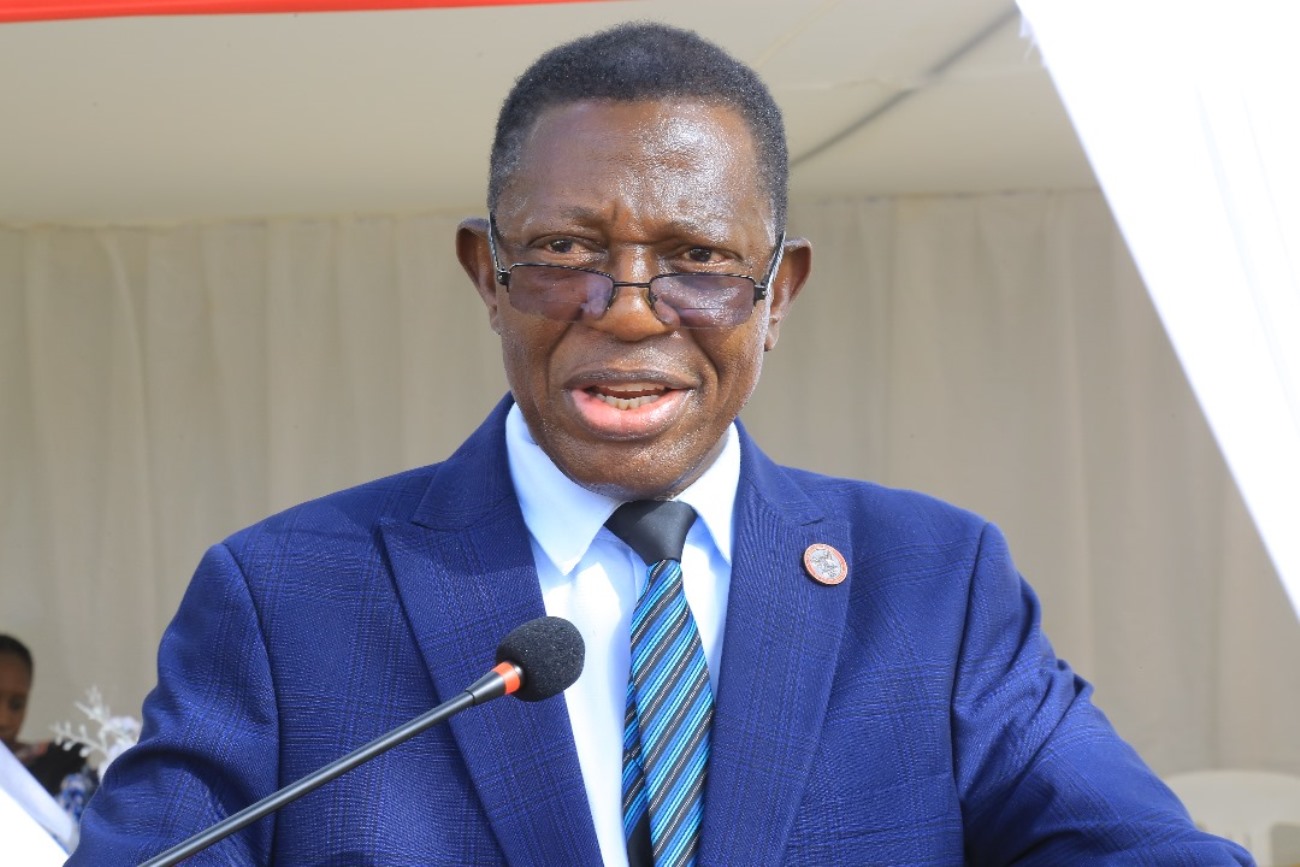
Tour to Assess the Capacity and Condition of Facilities at MUARIK
As part of the commissioning ceremony, the Principal of CAES, Prof. Gorettie Nabanoga, led visitors on a comprehensive tour of the Makerere University Agricultural Research Institute, Kabanyolo (MUARIK). The purpose of the tour was to provide first-hand insight into the institute’s current infrastructure, operational capacity, and ongoing challenges.
During the visit, Prof. Nabanoga highlighted both the strengths and limitations of the institute. While the tour showcased MUARIK’s potential as a hub for agricultural research and innovation, it also brought to light a number of critical issues affecting its functionality. Chief among these is the persistent challenge of land encroachment, which continues to threaten the integrity and sustainability of the institute’s operations.
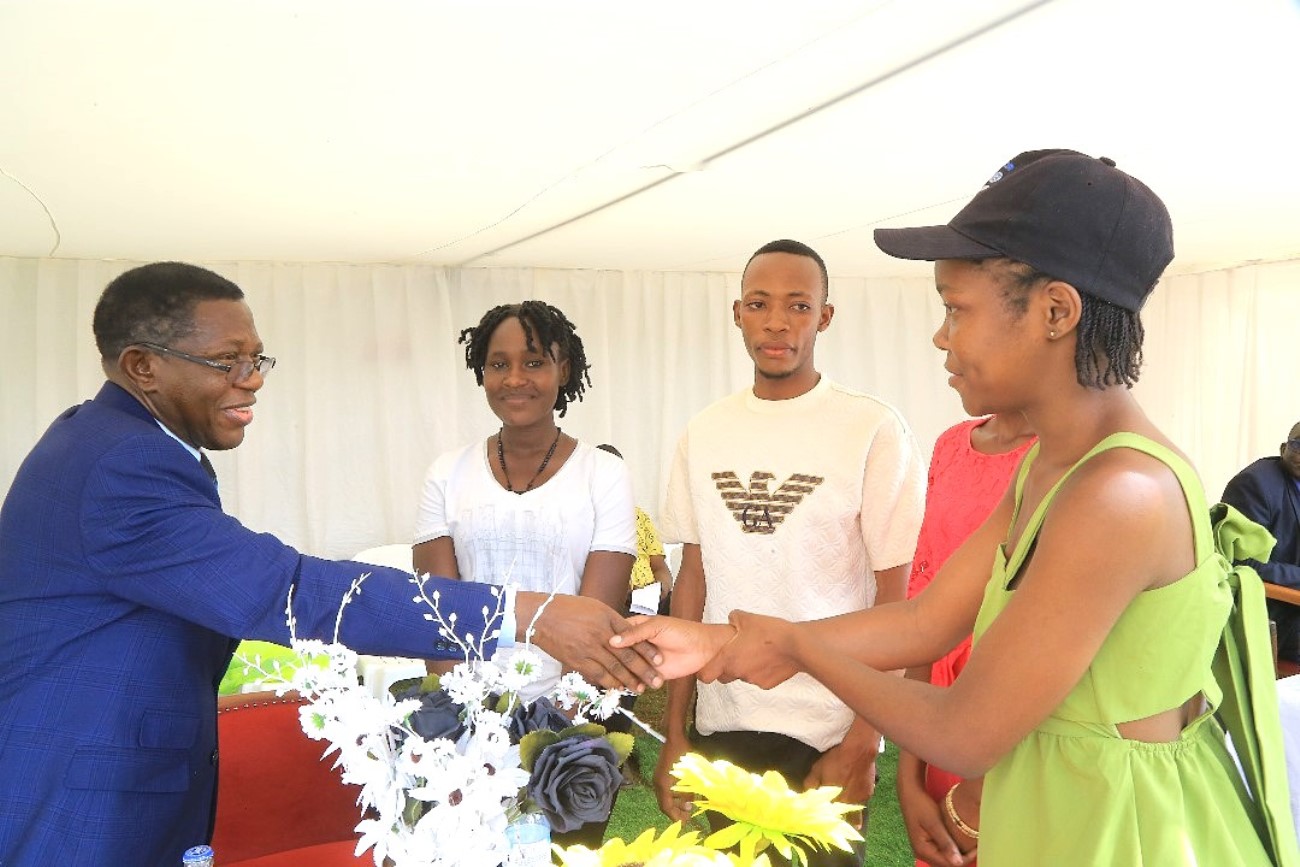
In her remarks, Prof. Nabanoga commended Dr. Cyrus Ongom, the outgoing Director of MUARIK, for his unwavering dedication to safeguarding the institution’s land. She acknowledged his resolute efforts in the face of persistent threats and numerous challenges, emphasizing the vital role he played in preserving MUARIK’s integrity. “This year, we aim to further reposition MUARIK as a leading centre for agricultural innovation and production in the region,”said Prof. Nabanoga. “Our focus will be on strengthening research, fostering partnerships with stakeholders, and enhancing the capacity of our infrastructure to support sustainable and impactful agricultural practices.”
The Principal expressed gratitude to all who have supported the transformation journey of CAES. “As we celebrate our achievements today, we take this moment to recognize and honour everyone who has been part of our transformation journey,” the Principal said. “We are especially grateful to the Vice Chancellor, Prof. Barnabas Nawangwe for his unwavering support, which has been instrumental in driving the College forward.”
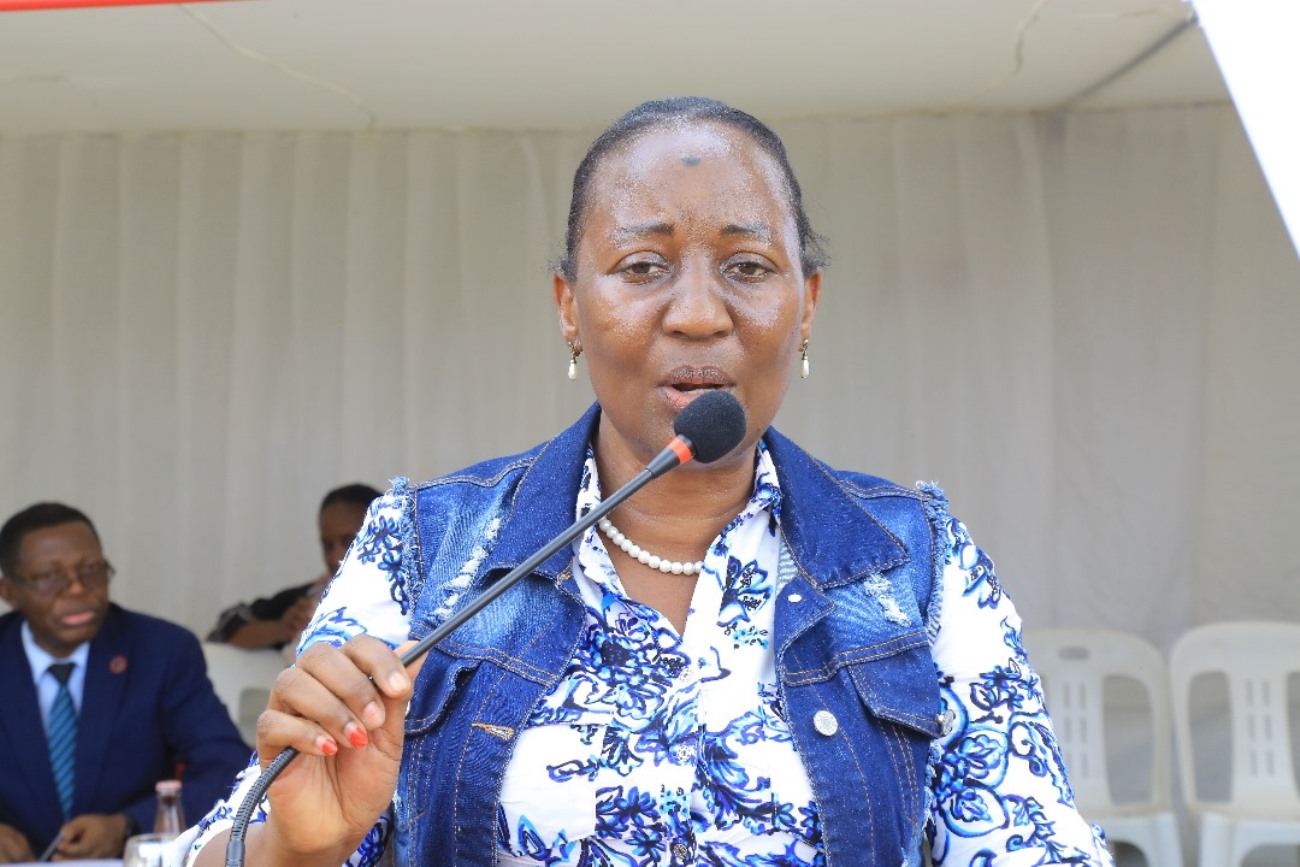
Delivering his remarks, the Deputy Vice Chancellor in charge of Academic Affairs (DVCAA), Prof. Buyinza Mukadasi, commended the CAES for its remarkable achievements in training and research.
“From my assessment, CAES has consistently excelled across its core mandates – training, research, production, and community outreach. The College has played a crucial role in advancing the agricultural sector through innovative research, high-quality academic programmes, and meaningful community engagement. These efforts have made a significant contribution to Uganda’s national development goals and the transformation of its agricultural landscape. Given its demonstrated success and strategic relevance, CAES is highly deserving of enhanced investment and funding to further expand its impact,” he stated.
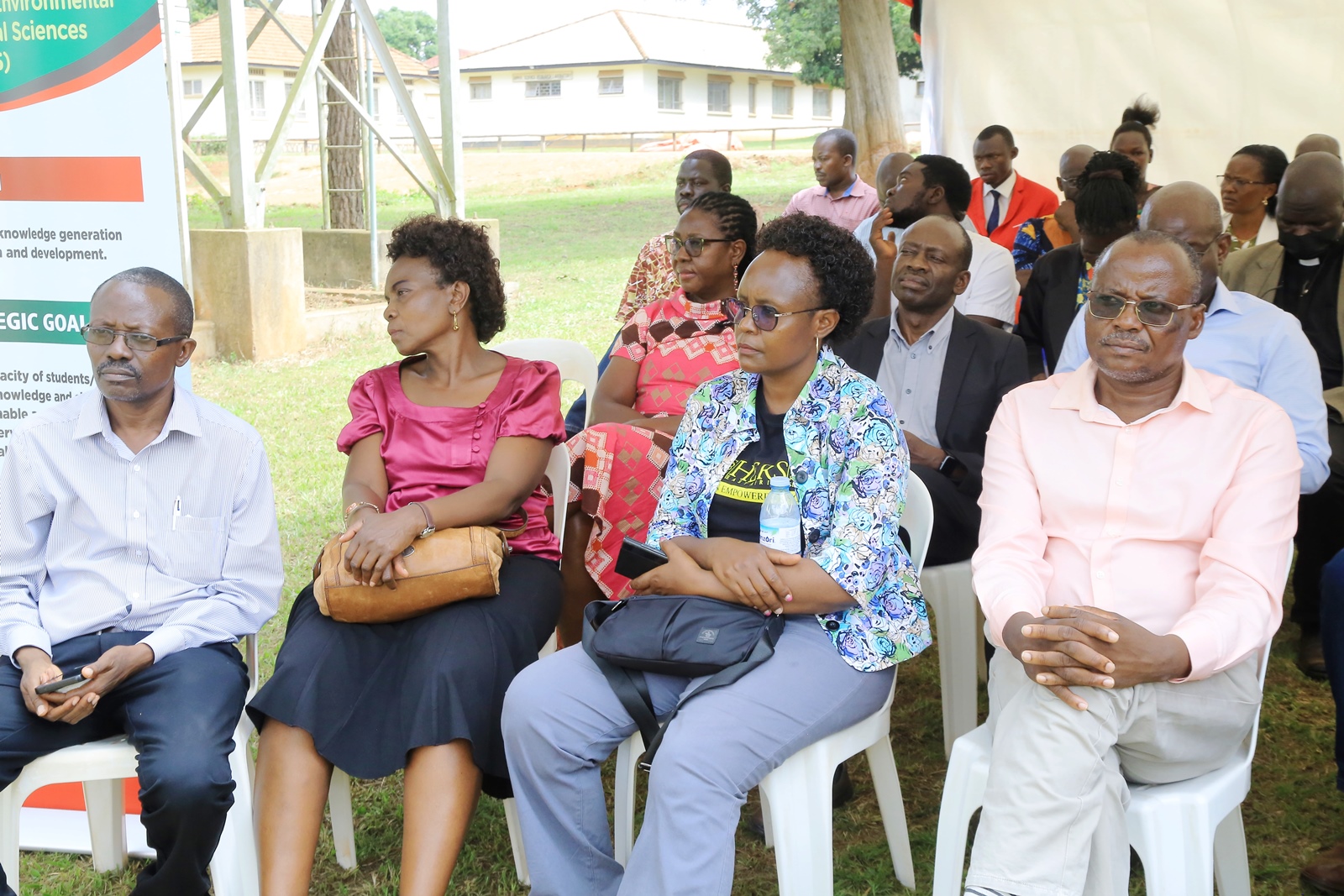
CAES Annual Awards and Staff Recognition Ceremony
The CAES Annual Awards and Staff Recognition Ceremony celebrated the outstanding achievements of dedicated teaching, administrative, and support staff. During this special event, several members of staff were acknowledged and honoured for their exceptional performance, commitment, and contributions to the College’s success.
Commenting on the significance of the awards, Prof. Buyinza praised the initiative, emphasizing that such recognition serves as a powerful motivator. He highlighted how acknowledging excellence not only boosts morale but also inspires continued dedication and fosters a culture of high performance.
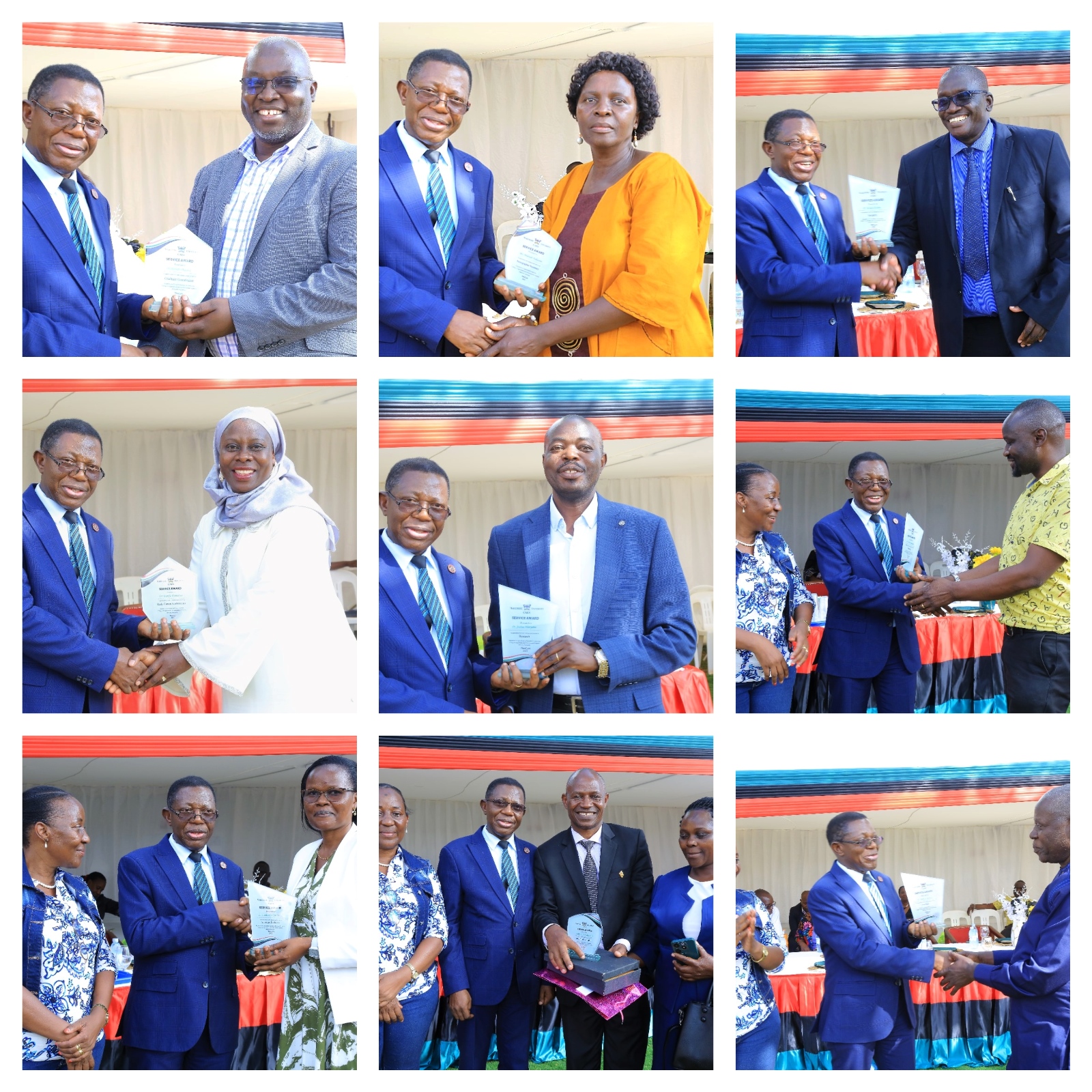
Click on the link below to access the list of staff recognized for exceptional performance.
More pictures from the event
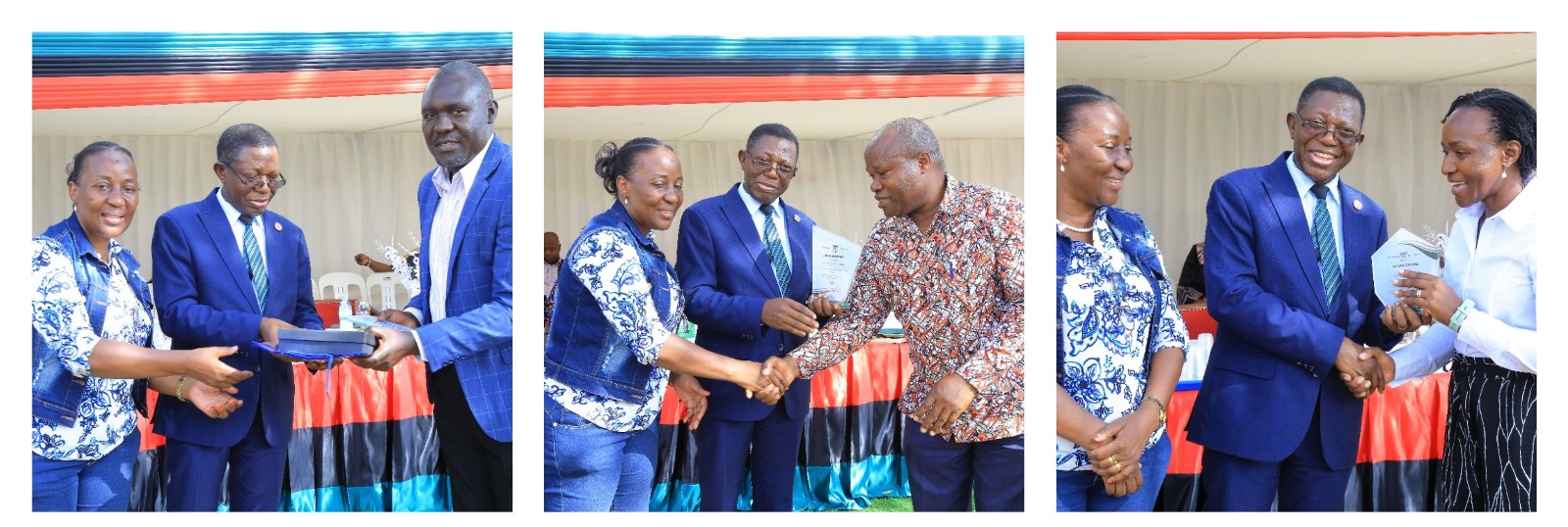
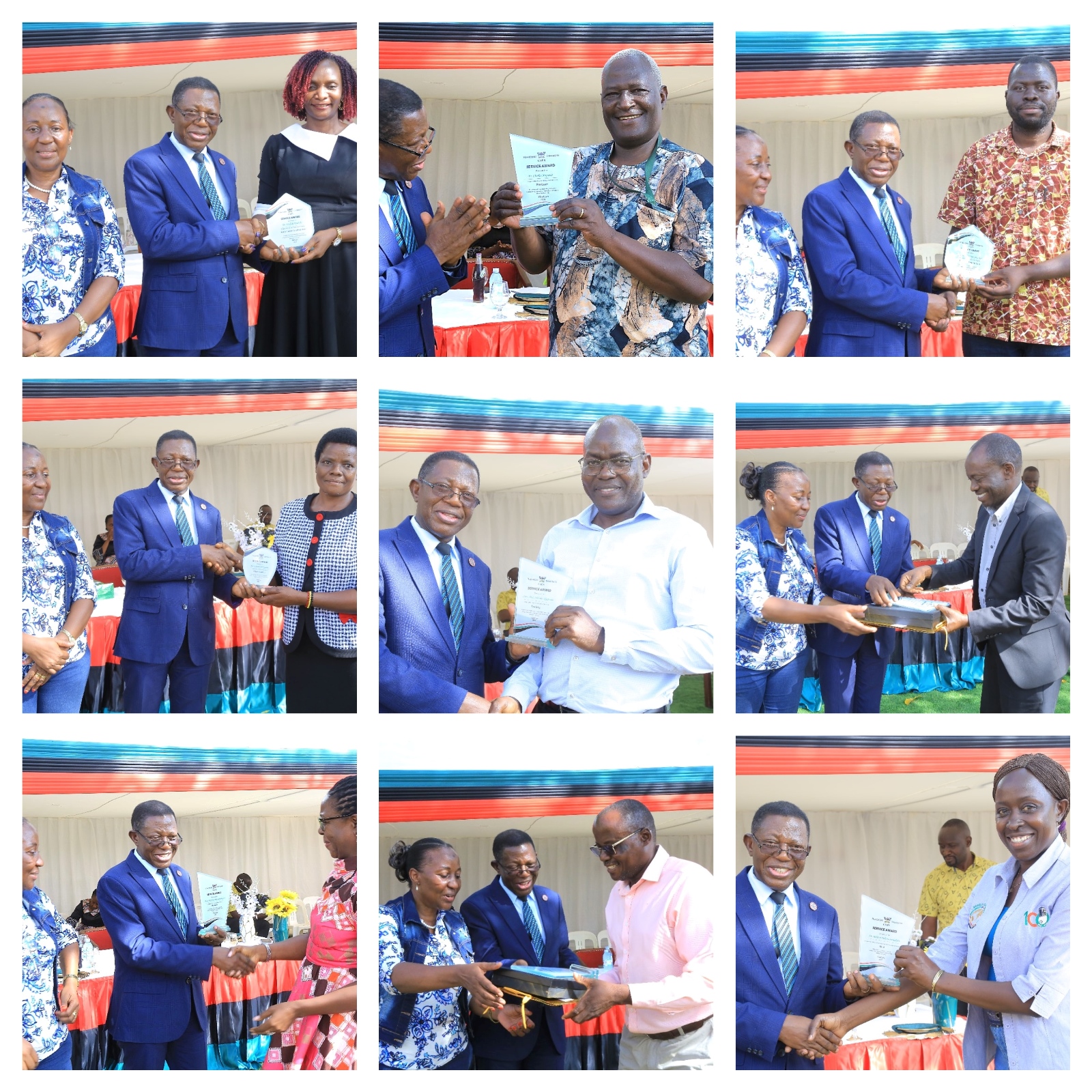
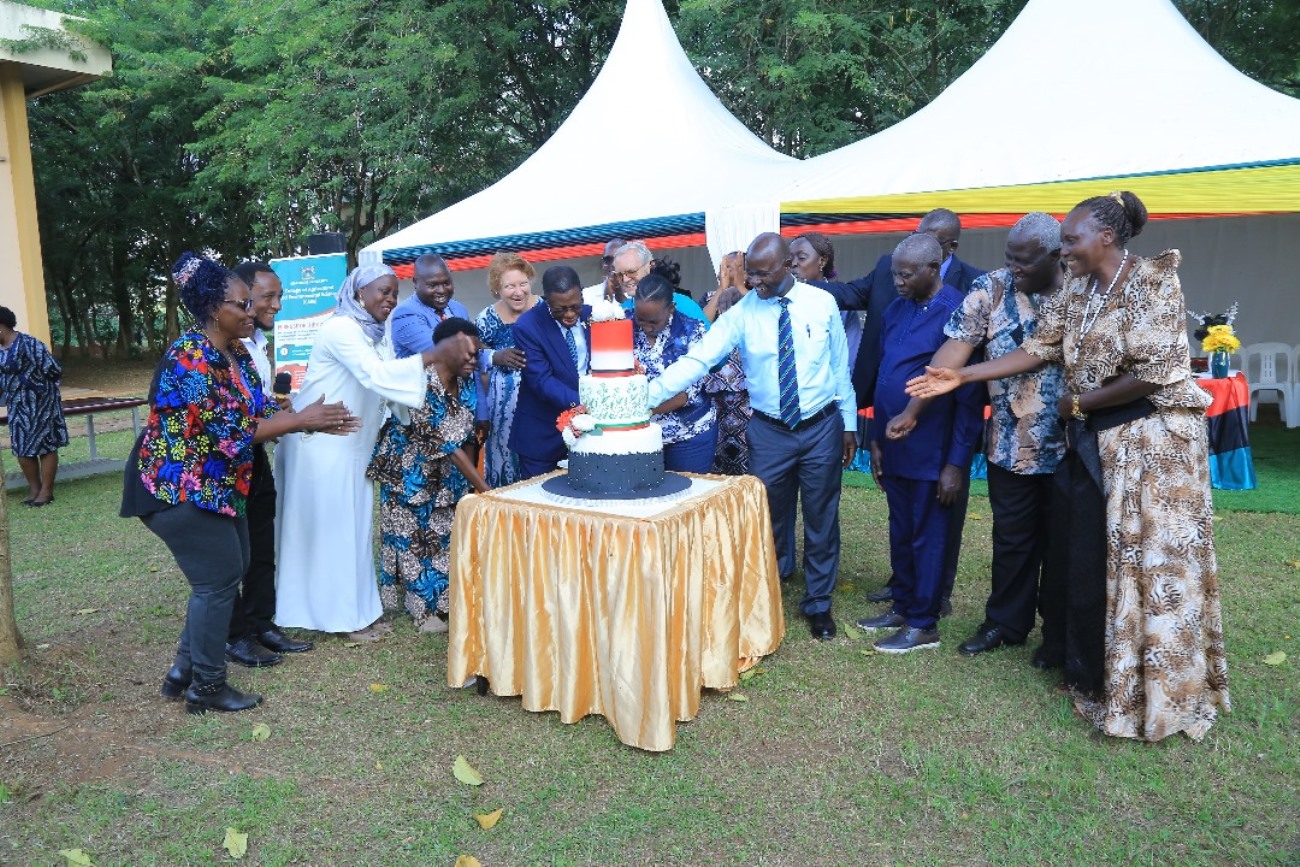
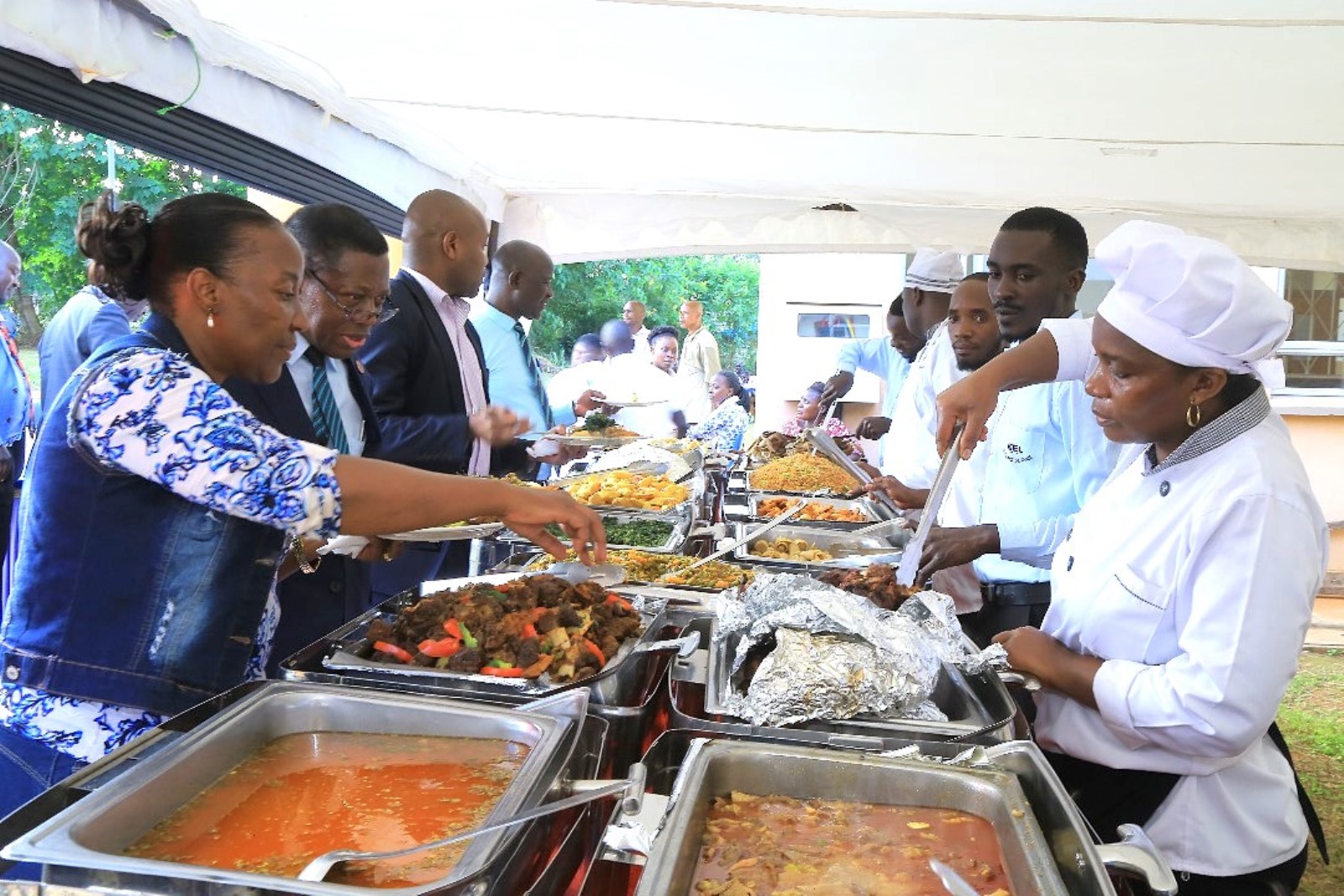
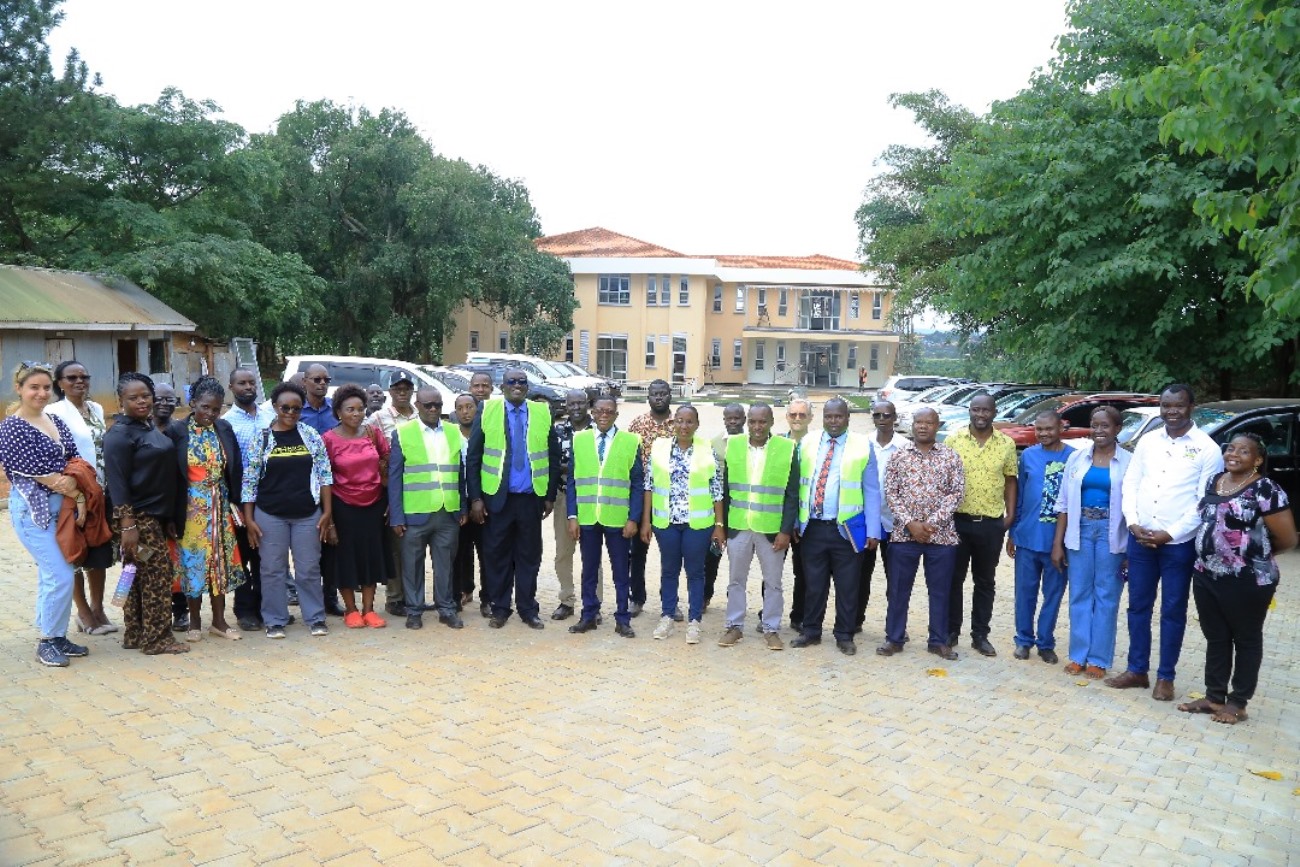
Trending
-

 General6 days ago
General6 days agoMature Age Scheme Exam Results for 2025/2026
-

 General1 week ago
General1 week agoFreshers’ Joining Instructions 2025/2026
-

 General1 week ago
General1 week agoMastercard Foundation Board pays its inaugural visit to Makerere University
-

 General1 week ago
General1 week agoUVCF Makes Case for HEAC Programme
-

 General2 days ago
General2 days agoUndergraduate Admission List Self Sponsorship Scheme 2025/2026
